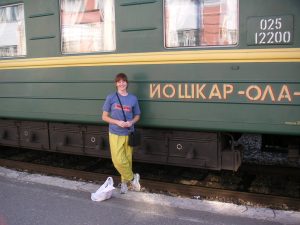
Time traveling: back to a marvelous trip I took in summer, 2004, to the land of White Nights, pelmeniy, kvas, and the iconic onion-domed Orthodox cathedral in Red Square.
Magadan
From New York we took Delta to Moscow, an eight-hour flight across eight time zones. After a few short meetings there, we flew from Moscow to Magadan – another eight-hour flight, and another eight time zones. That’s how big Russia is.
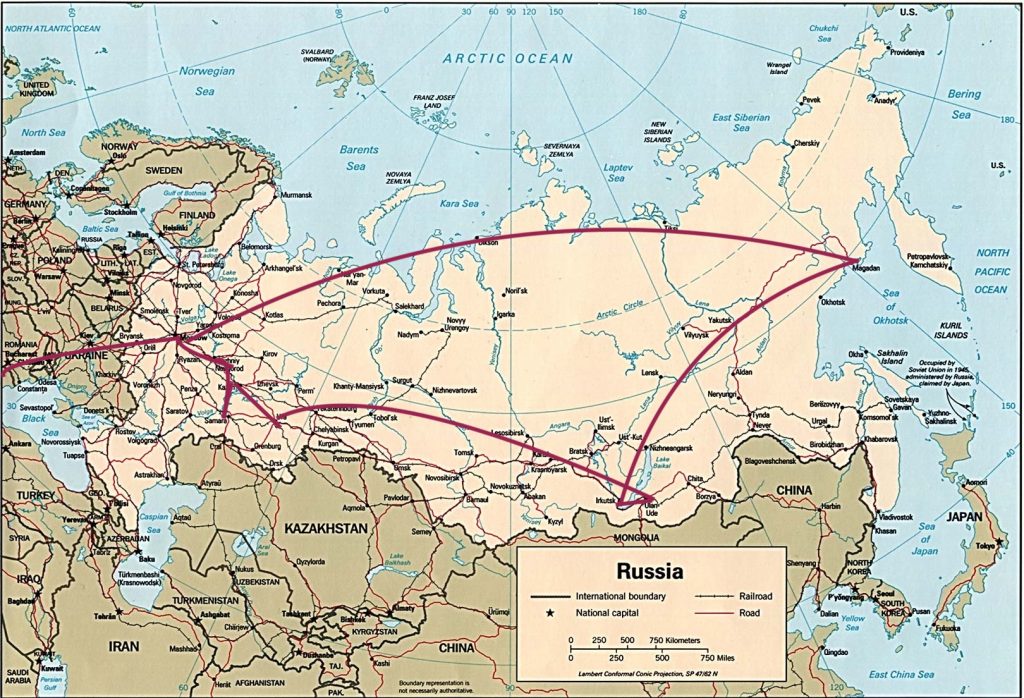
Magadan was a forced labor camp, and now is a small, young city (~100k). We met with a group of students, including former recipients of U.S.-funded scholarships and fellowships, at their American Center. At this Center they used the internet and Microsoft tools – to educate themselves, but also to share what they’d experienced in the U.S. This group of youngsters took us around Magadan during White Nights – no nightfall, as it was high summer.
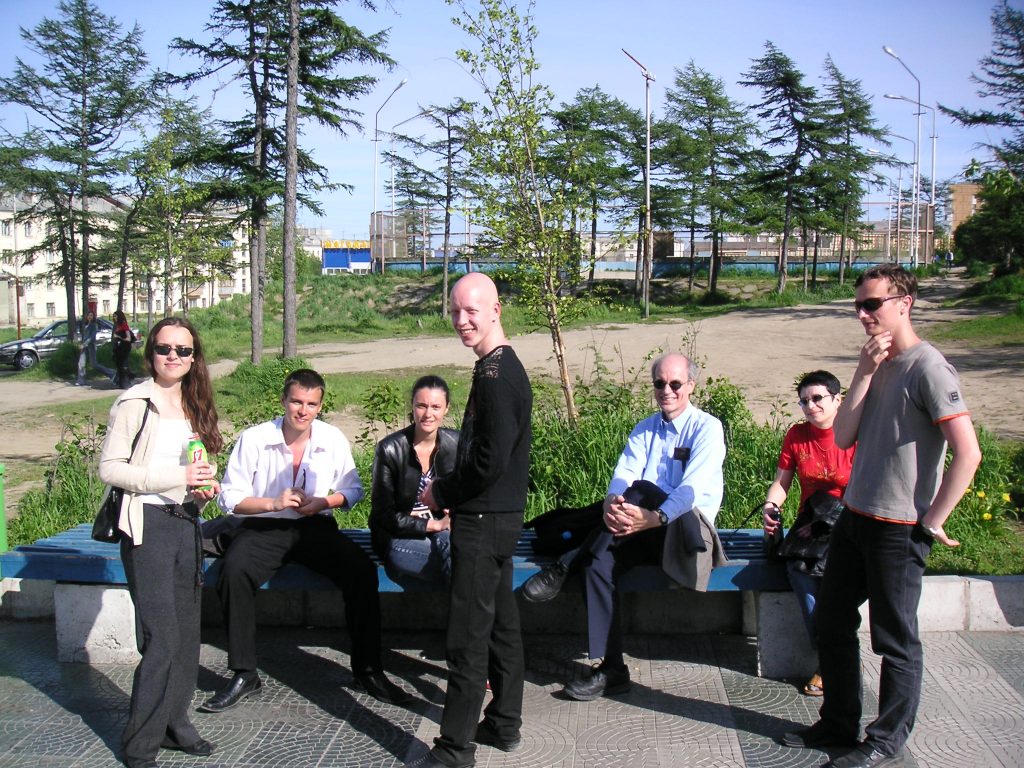
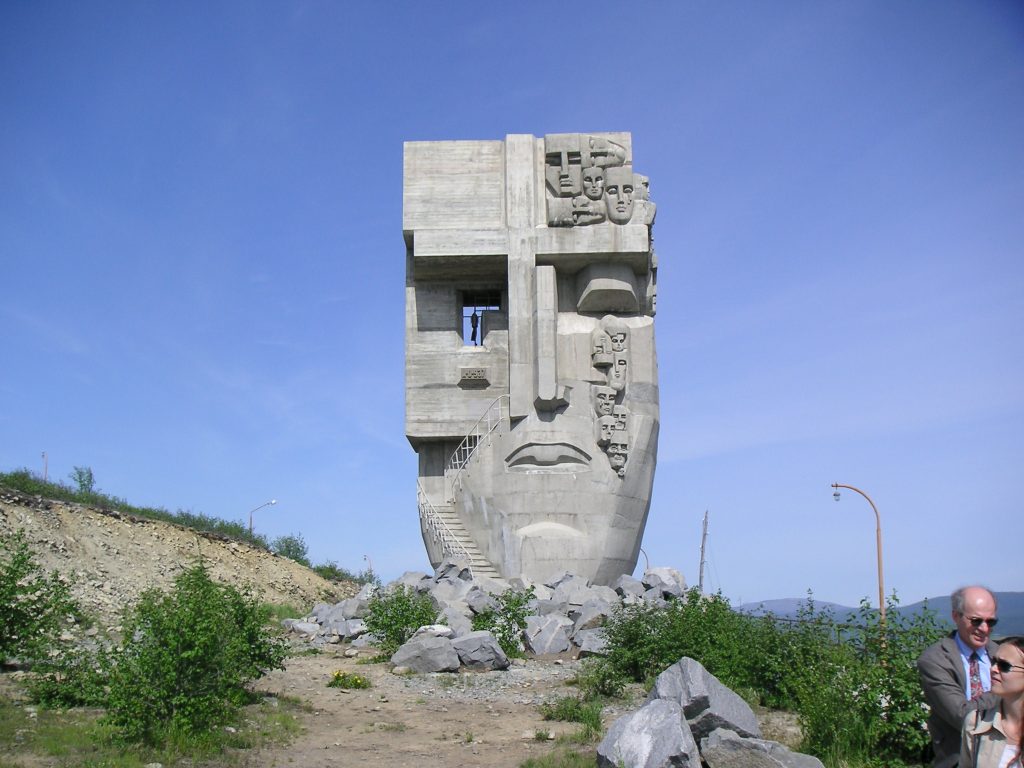
One enduring memory is that, during sleepless nights, I heard the phone ringing up and down the hotel hallways – but not my room. Turns out it was the front desk offering male travelers a “friend” for the night. Blech.
Irkutsk – Siberia – and Lake Baikal
From there we went to Irkutsk. The map above shows the huge trajectory, but it was way worse than that: in fact nearly all of our flights between one city and another had, in fact, stopover in Moscow. This was due to the privatization of Aeroflot – each region had its own airlines, but their cities didn’t connect with each other, only with Moscow and a few regional capitals. On the flight back to Moscow from Magadan, the flight attendant spoke for a good eight minutes, and I never knew if the Russians around me were just being stoic about the bad news she was imparting, or if she was just telling them about her love life. Lonnnnng flights.
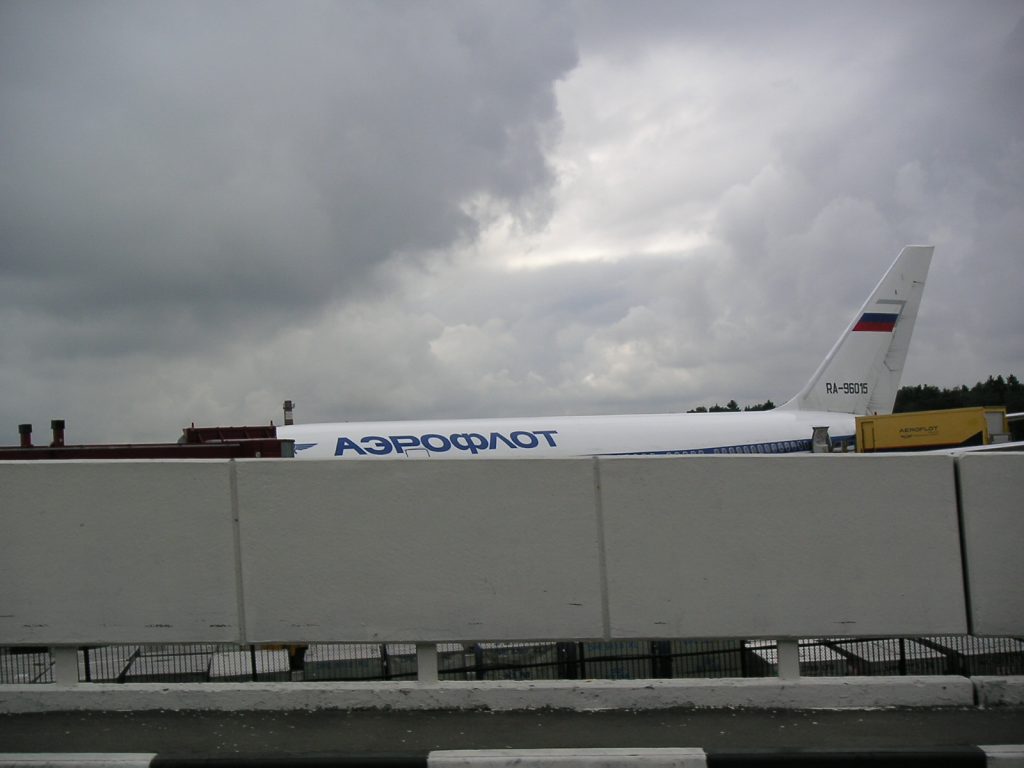
Irkutsk as a city is renowned for its universities and laboratories and research centers – during the Cold War, it was the center of Soviet efforts to surpass the rest of the world in every scientific and technological field. We saw some of these facilities – still looking quite Soviet – but I was more enchanted by Lake Baikal. We took a day to explore with a group of colleagues. They prepared salads to take with us, and then we bought omul – small smoked lake fish, sort of trout-y – along the way. Restaurants were prepared for this hybrid eating and allowed us in to use their tables and cutlery, for the cost of our drinks. The day was overcast. We checked out the saunas at the lake’s edge where people steam up in winter before jumping into the freezing cold water.
Ulan-Ude
Arguably our best guide was the one we met in Kazan. He’d been to the U.S. to study his PhD and gave us broad strokes and great details about his city and region – which are on the border with Mongolia. For example, he told us that his language and Bulgarian are related because of some movement of peoples back in lord-knows-when. When he visited Bulgaria, he was greeted as “brother” by the person who took his passport. (Somehow Roger also knew this obscure thing about Buryatian language and Bulgaria! I mean, can you get your head around that? Isn’t it just… a weird combination?)
This is also the land of Tuvan throat singing, made famous in the U.S. by the documentary Genghis Blues. It’s traditionally sung outside, among pastoral cultures in Central Asia, and is part of the repertoire of a heavy metal band, The Hu. This is so worth a listen:
Our guide also took us to the last Tibetan monastery standing after Stalin’s purges of religion, the Igolvinsky Datsan:







It was in the tiny gift shop that I bought the t-shirt I’ve worn hundreds and hundreds of times over the last 15 years – I’m wearing it in the featured photo of this post. That’s a hearty t-shirt! I cannot, however, explain the baggy yellow pants. Those, I don’t think I even brought home.
I remember stopping on the way back from the Datsan and eating poziy – meat dumplings, with their 33 folds around the top. They were so full of broth that you had to nibble off a corner and slurp out the broth – which of course was boiling hot – before you could take a bite. It was a casual diner, full of people, everyone slurping loudly – with six to ten poziy in front of each of us. Reminded me of my brother eating White Castle hamburgers.
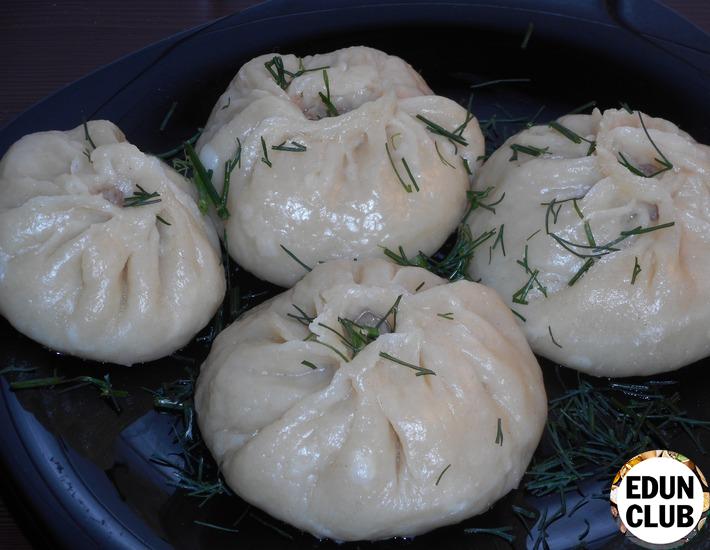
Last picture is too cute not to share. I can’t remember if it’s the guide’s son or a random kid at the American Center, but one thing’s for sure: he’s not afraid of the camera!
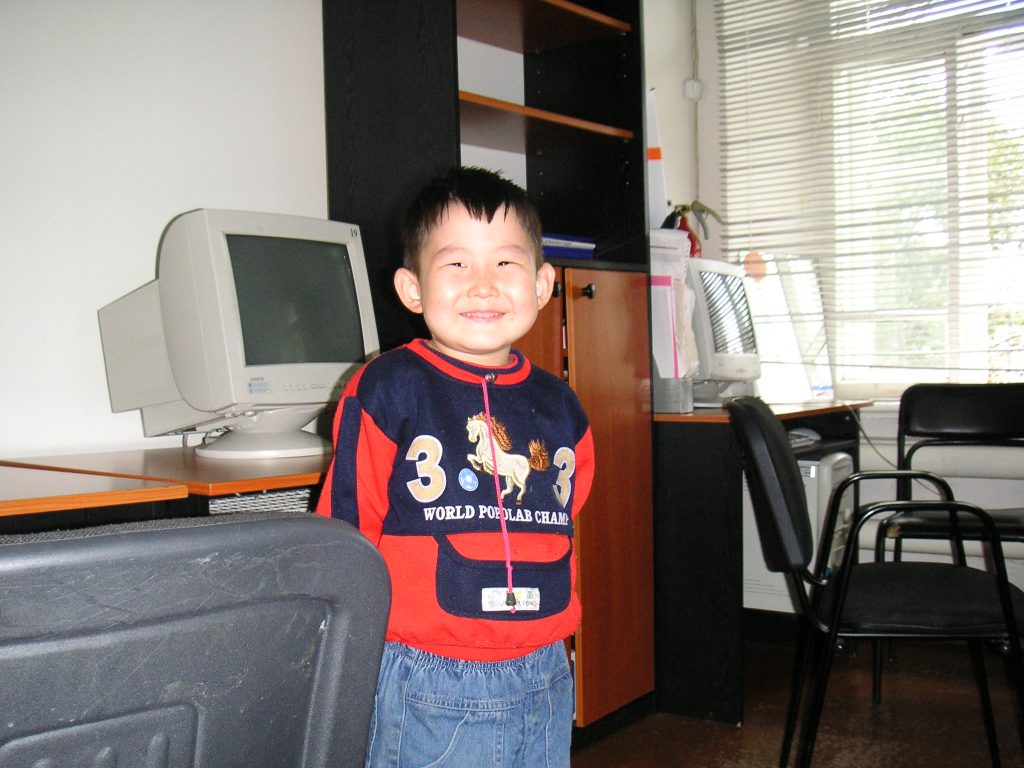
Kazan
Ancient Kazan – preparing for its 1000th birthday celebration during our visit – sits on the Volga. We had an amazing tour guide to talk about that millennium and its waves of civilizations – including significant Muslim influence, something most people don’t think about when they think of Mother Russia. But it’s a full mix – not one culture, but several in one place. Russian old believers, Orthodox Christianity, and Muslim sites in one visit.






Another joy from this part of the trip were posters made by kids in the American Center, to show what they thought of when they thought of us:
Ufa, to Volshk, to Yoshkar-Ola
This central circuit took us around Ufa – the capital of Bashkortostan – and to Volshk and Yoshkar-ola, all of which had American Centers with alumni of U.S.-funded fellowships and scholarships who were back home in various states of employ, but generally with high regard for the U.S. They taught others how to use the internet and Microsoft Office, and gave presentations of their pictures and experiences from the American journeys.
I think I must have gotten a bit overwhelmed with photos and new places because my stock dwindles significantly. However, a few choice shots are fun to see. This includes some shots of the train ride back to Moscow – which, despite coming back on all those flights, was still 12 hours away by train.
Moscow
I wouldn’t leave you without images of Onion Domes, would I? Of course not! I loved looking around Moscow so much – seeing McDonalds and Ikea, visiting a flea market in an outer suburb, buying beautiful handicrafts (and tchotchkes like street-stall matriushkas, eating pelmenyi, visiting Red Square, even making sure to capture my garish hotel decor for posterity.
Talk about Gratitude
I have been grateful for this trip since it was first discussed, in matter-of-fact sessions in our office at 15th and M, NW – I was very much ‘along for the ride’, as the newby in the office. I still marvel at where we went, how long we got to be there, how much we saw, how many different cultures we encountered. Russia is vast, people, and as diverse as that vastness suggests. I’m grateful even to remember enough to write this blog post. But I invite Roger to contribute anything else he remembers!
I’ll leave you with my favorite picture from the trip, for obvious reasons:
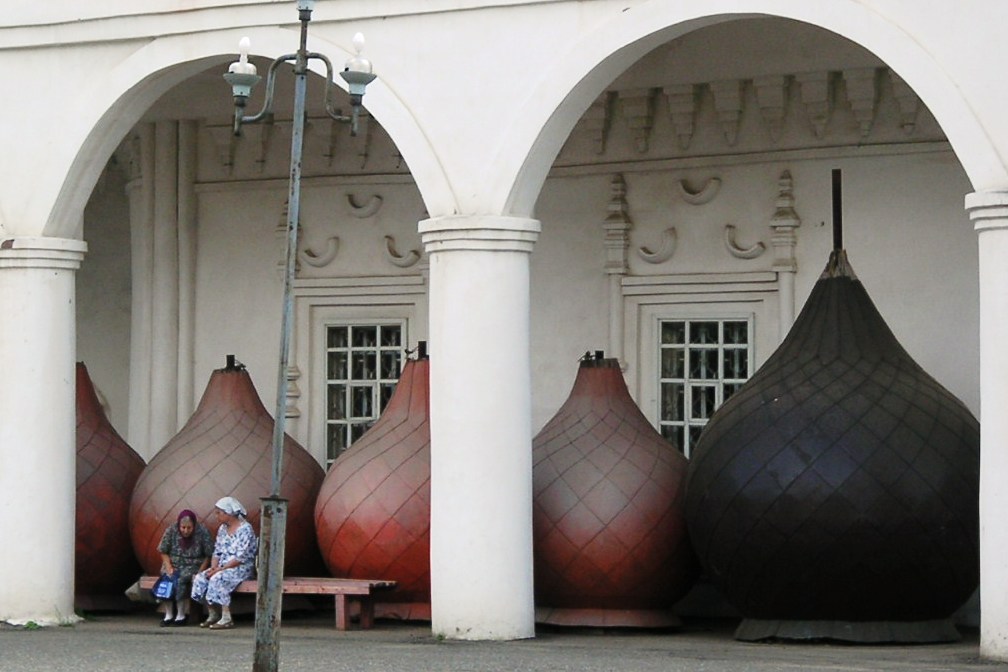
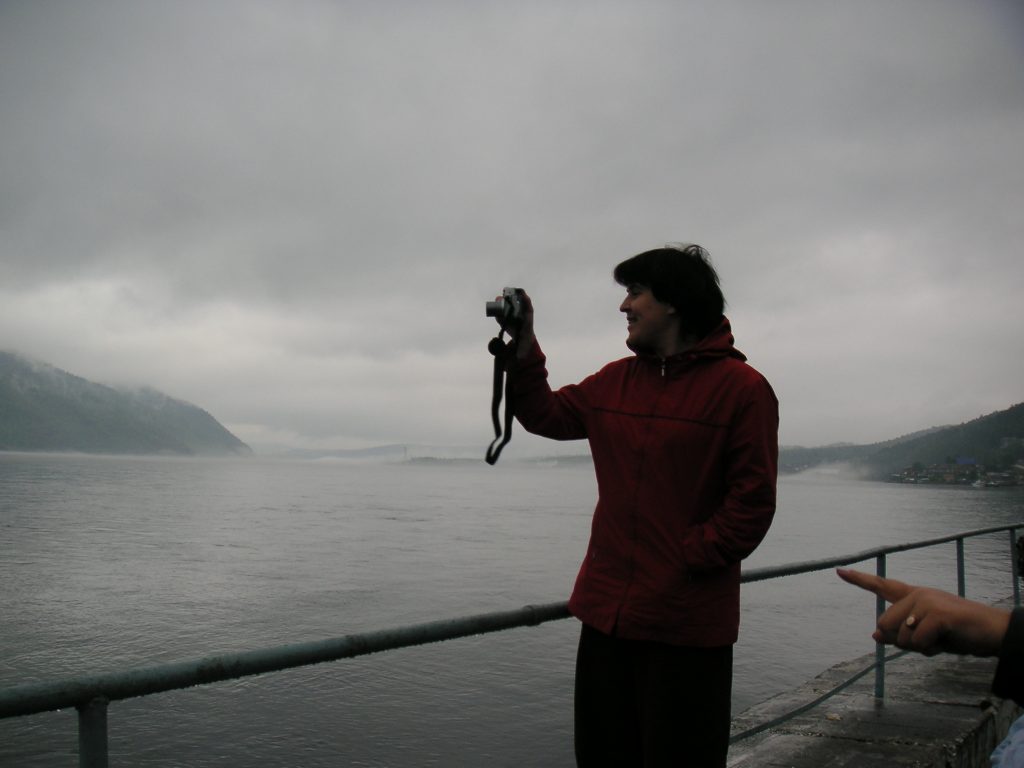
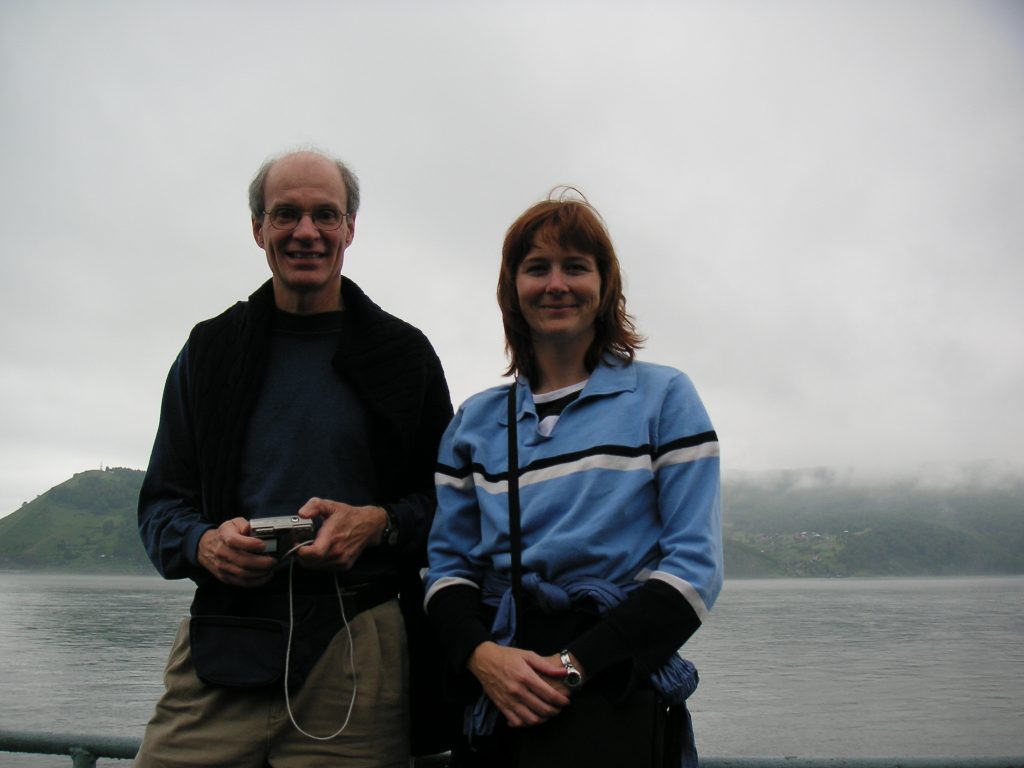
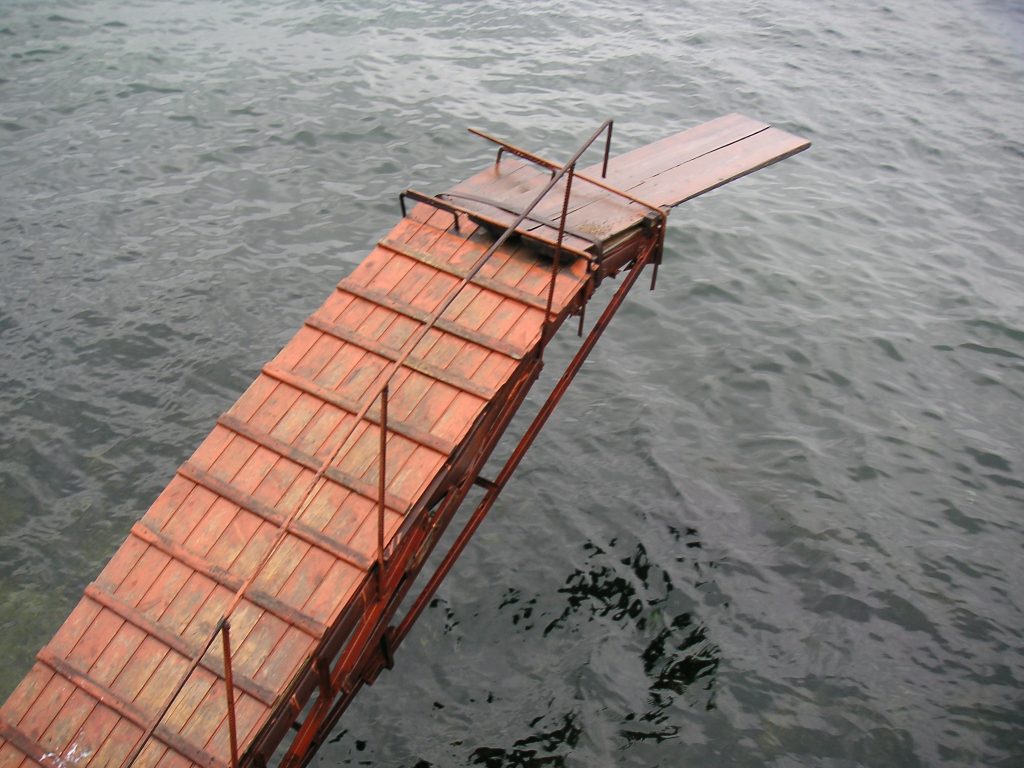
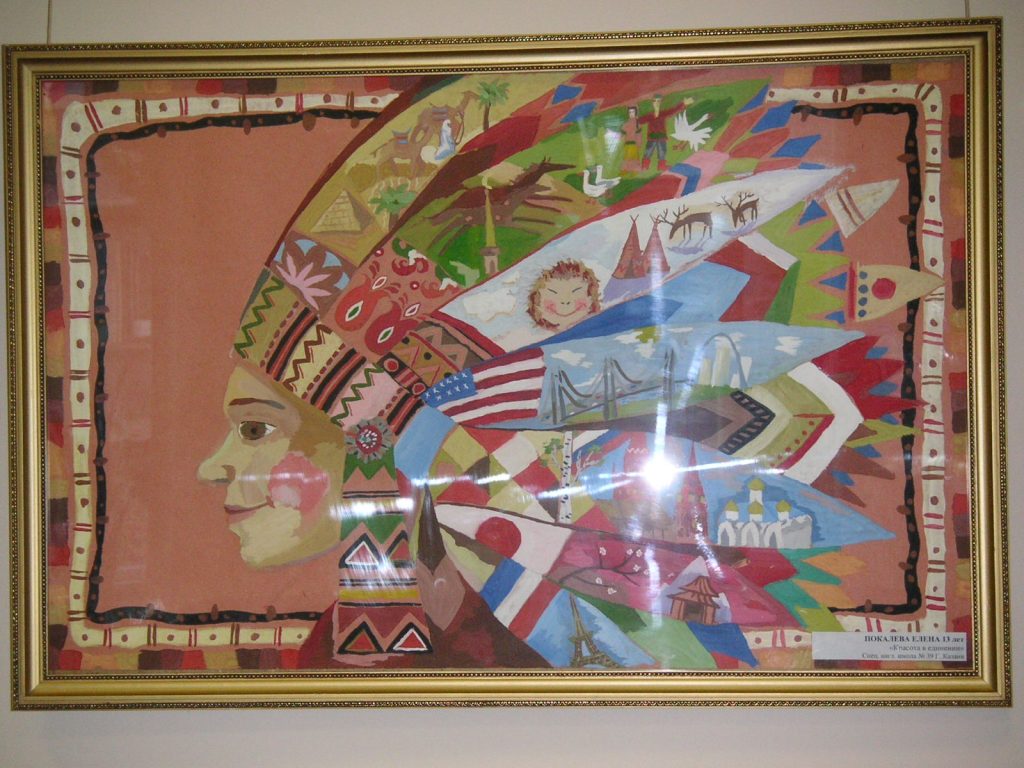
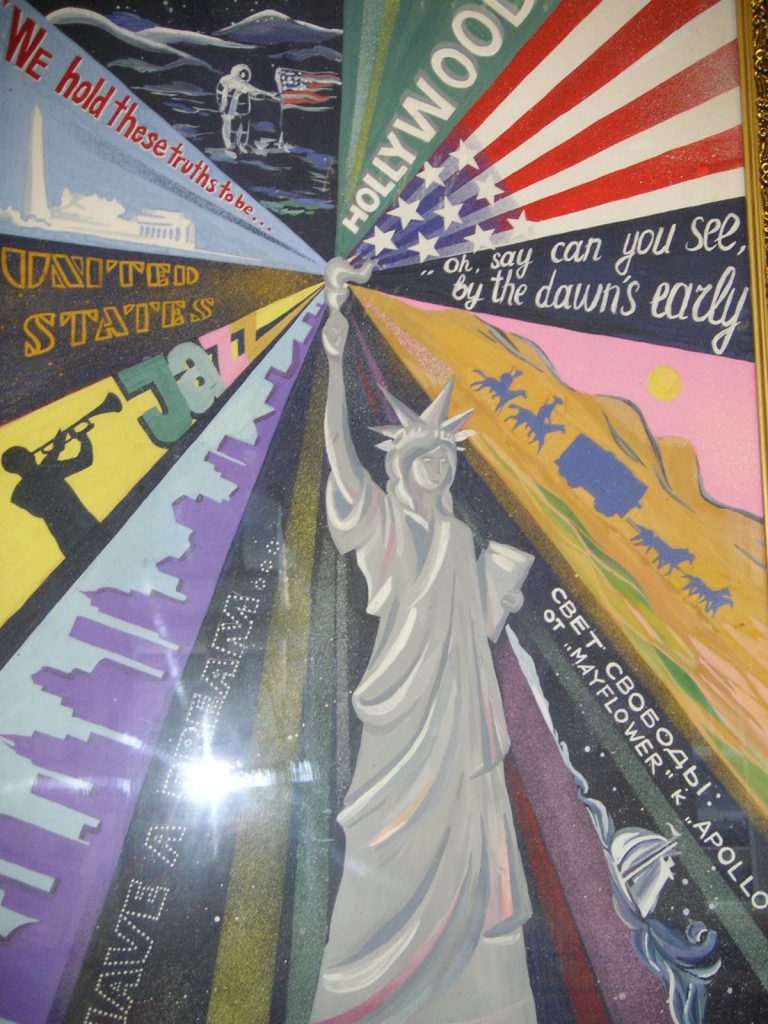
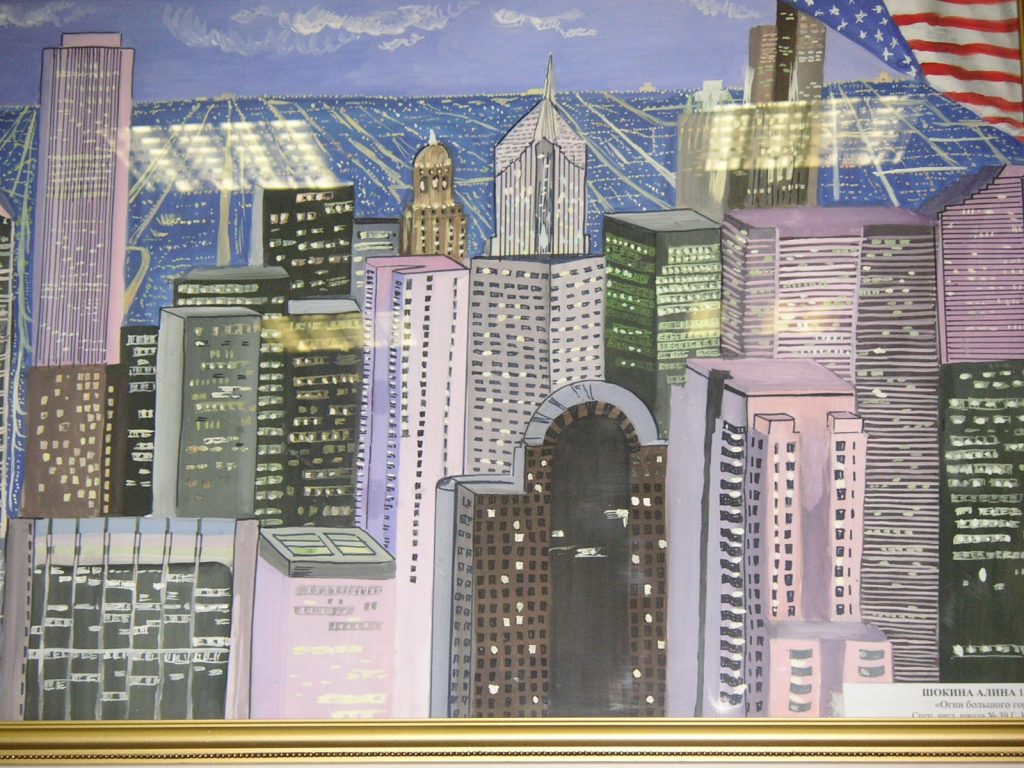

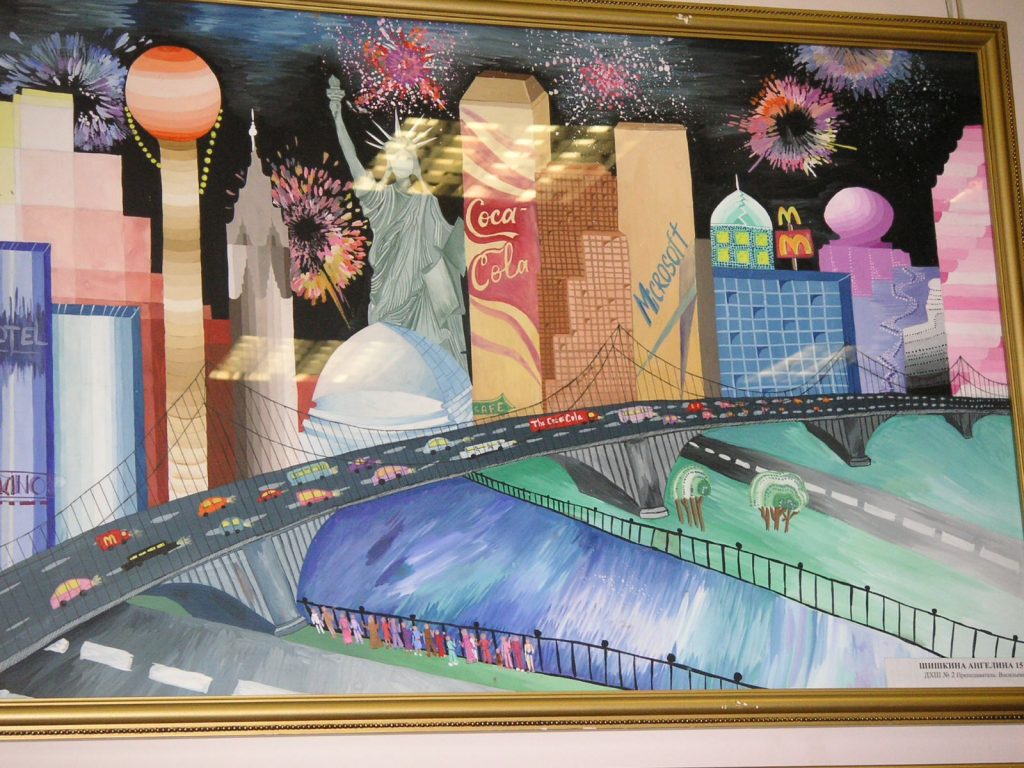
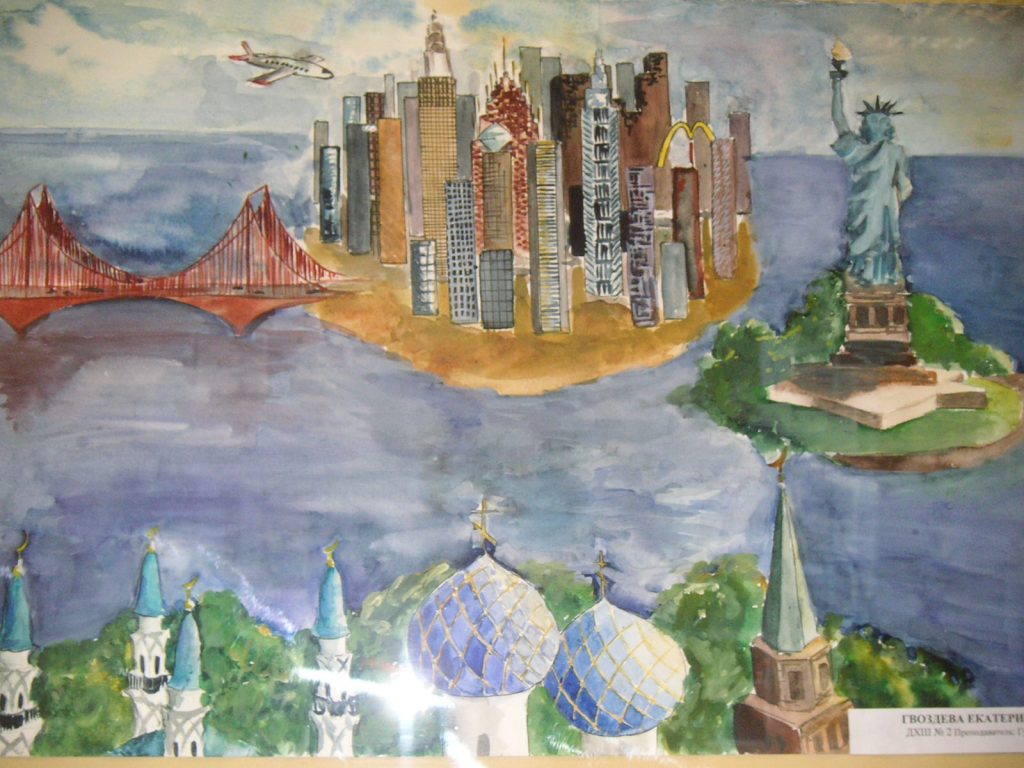
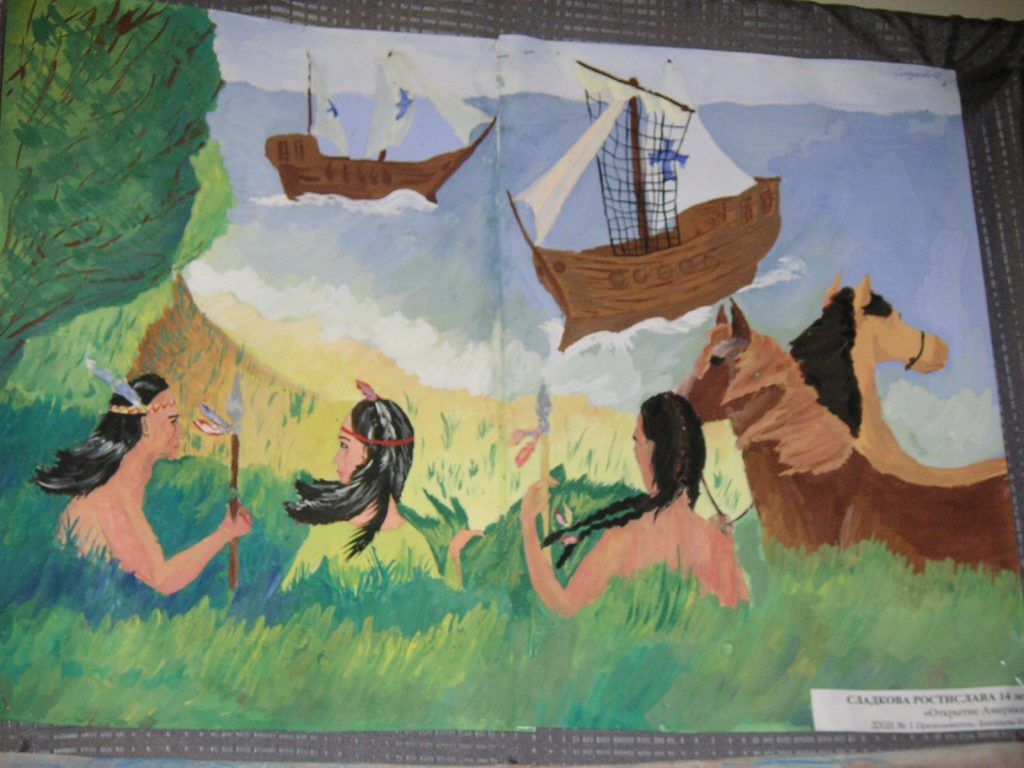
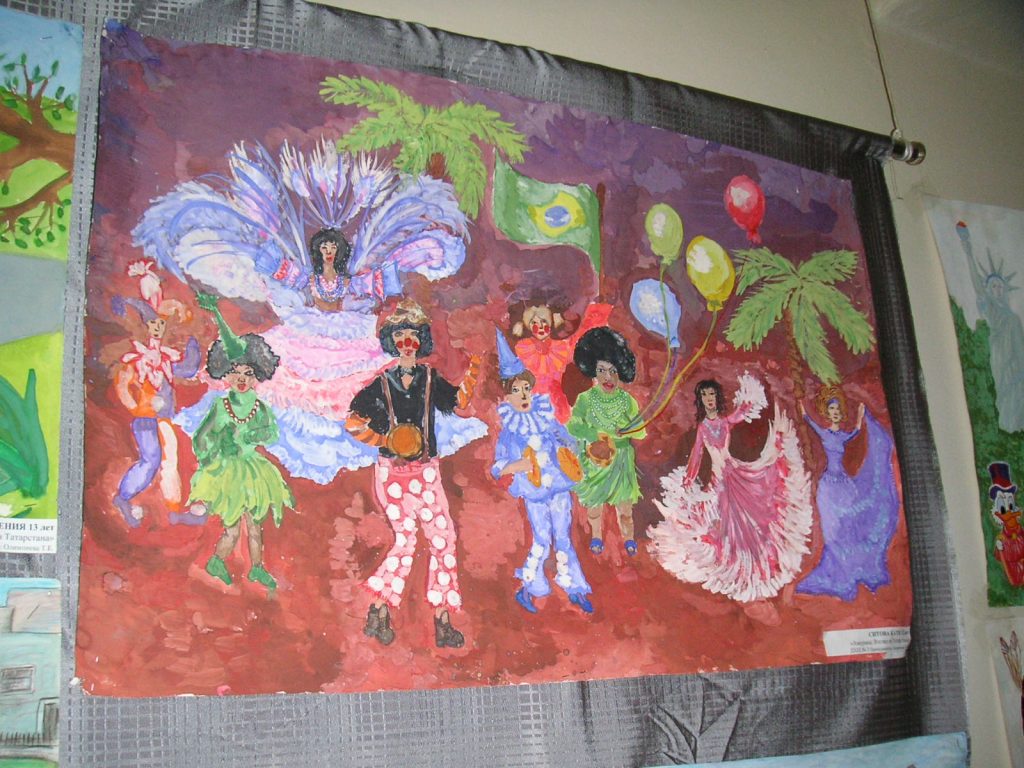
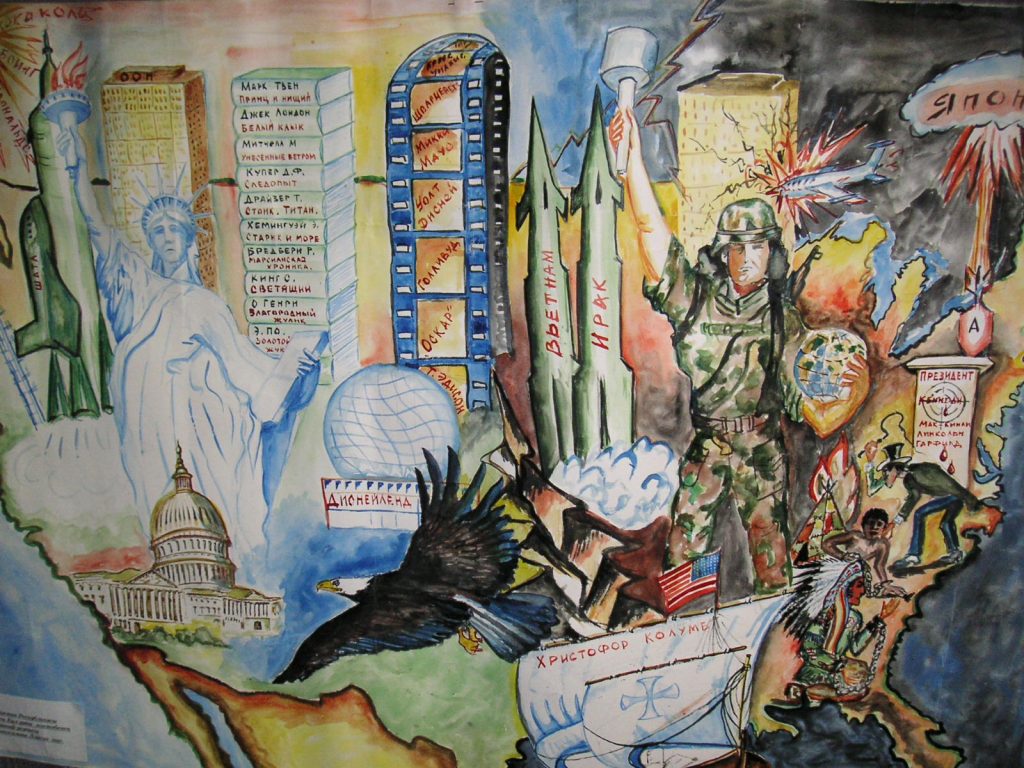
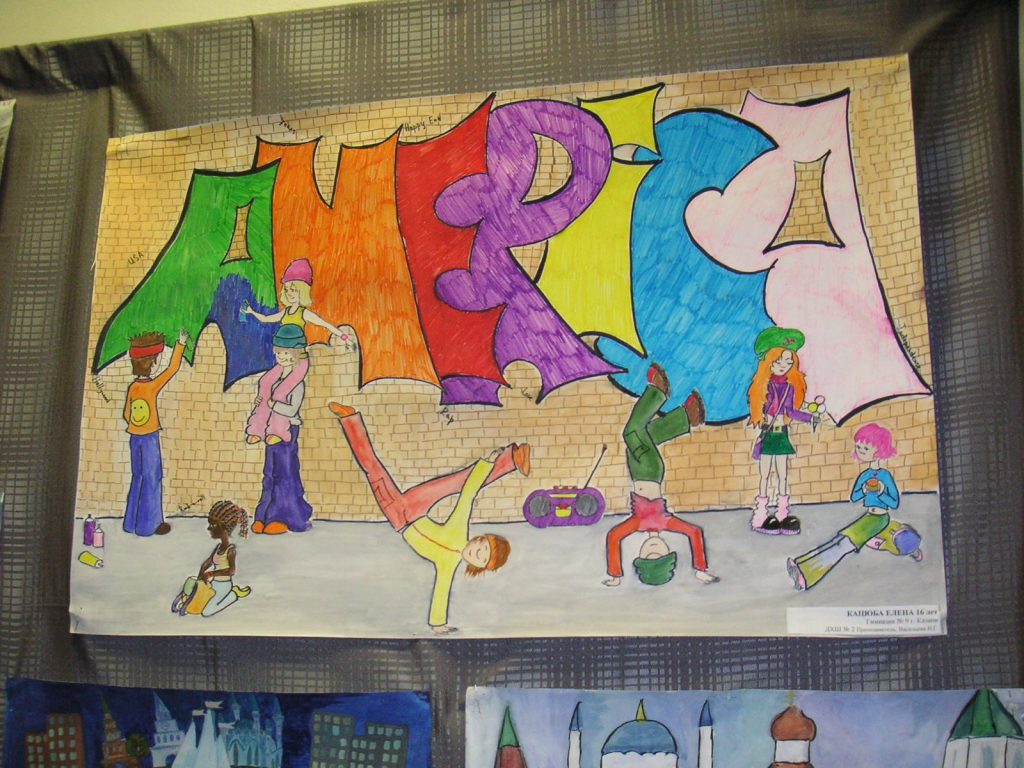
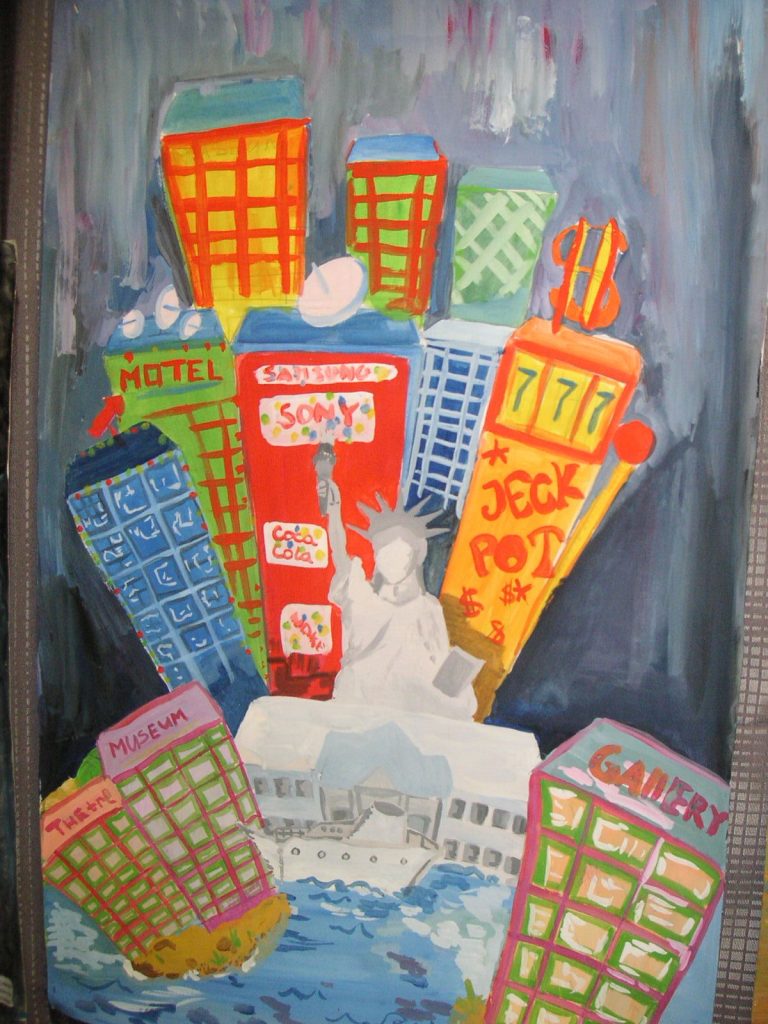
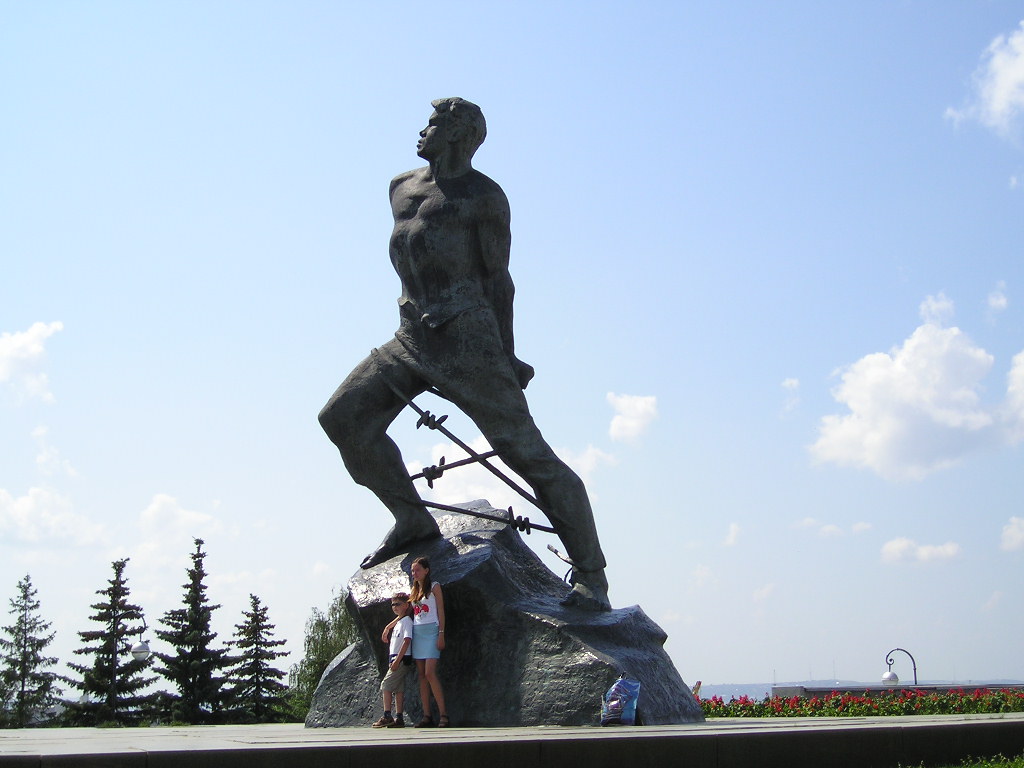
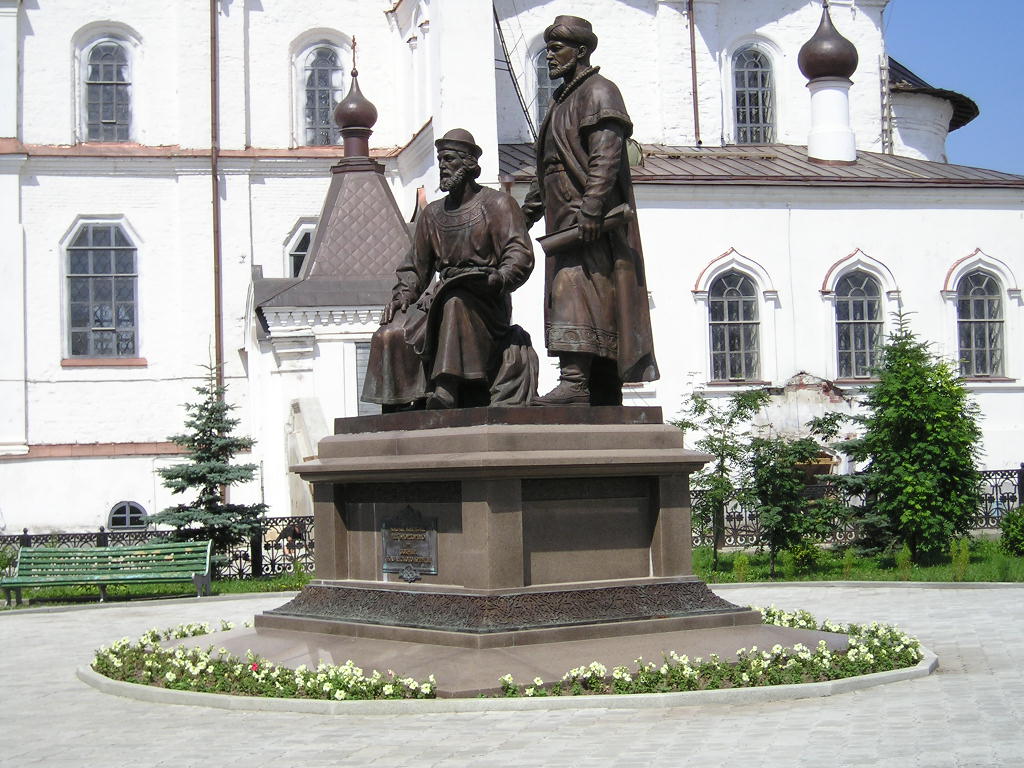
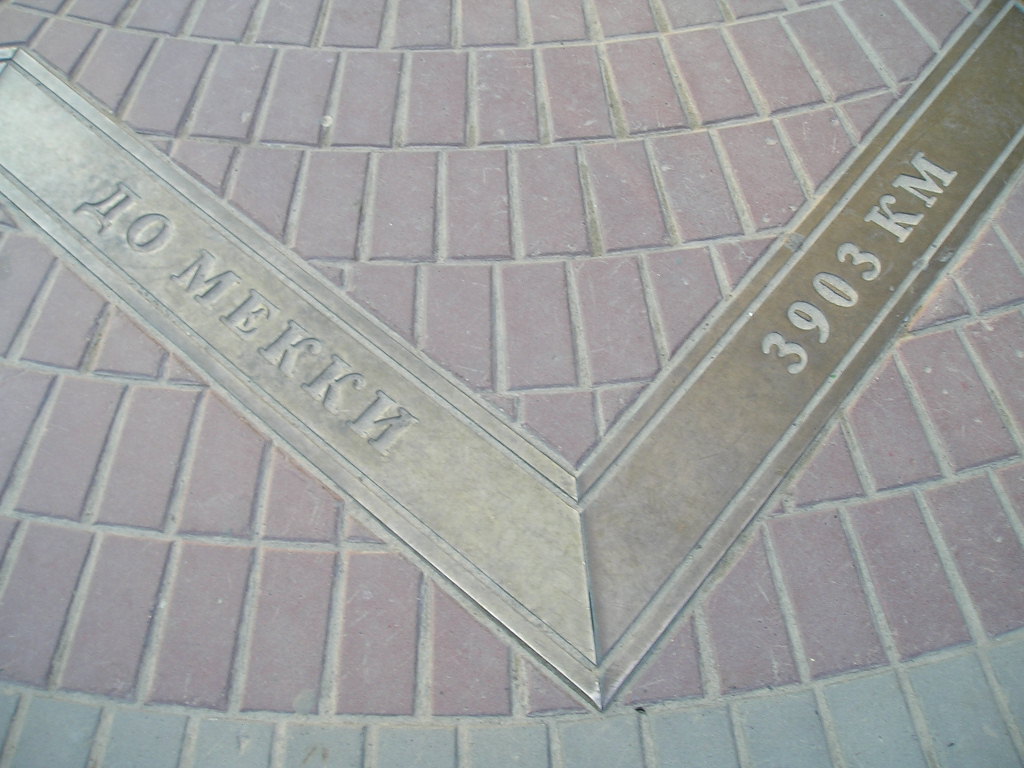
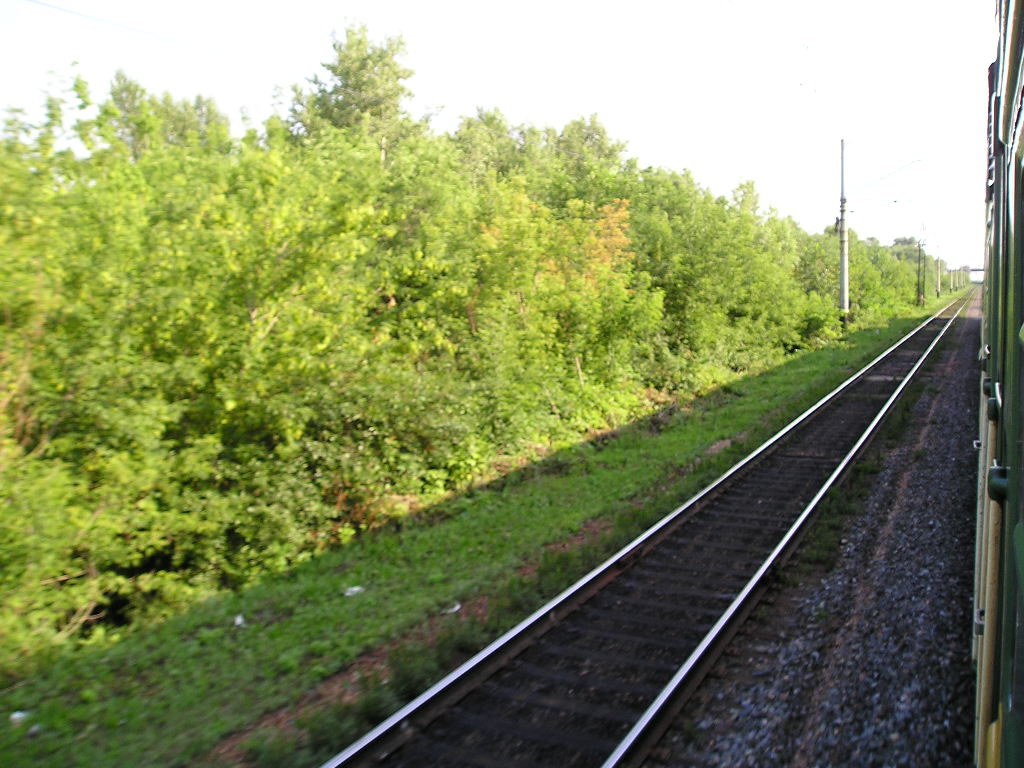
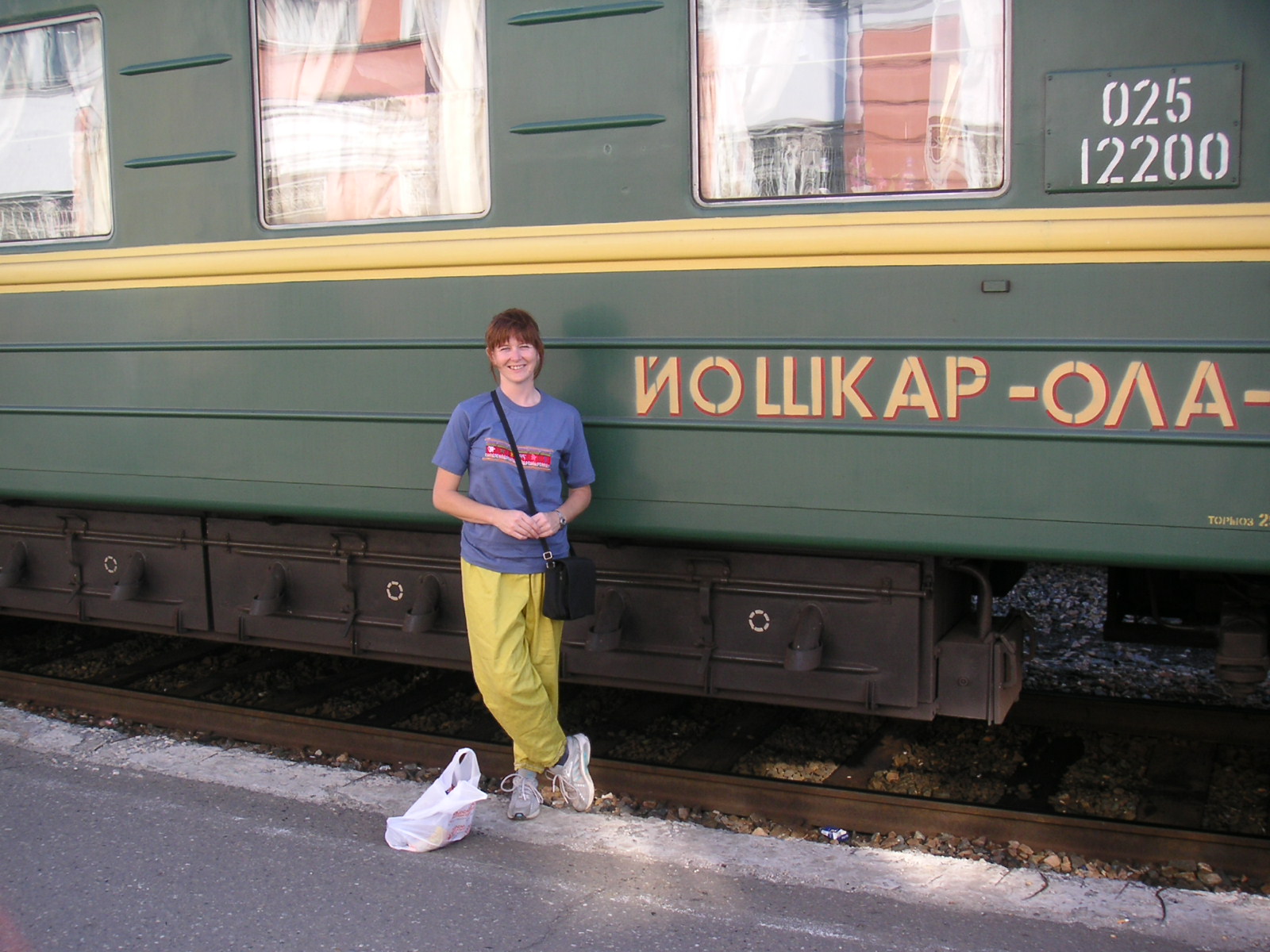
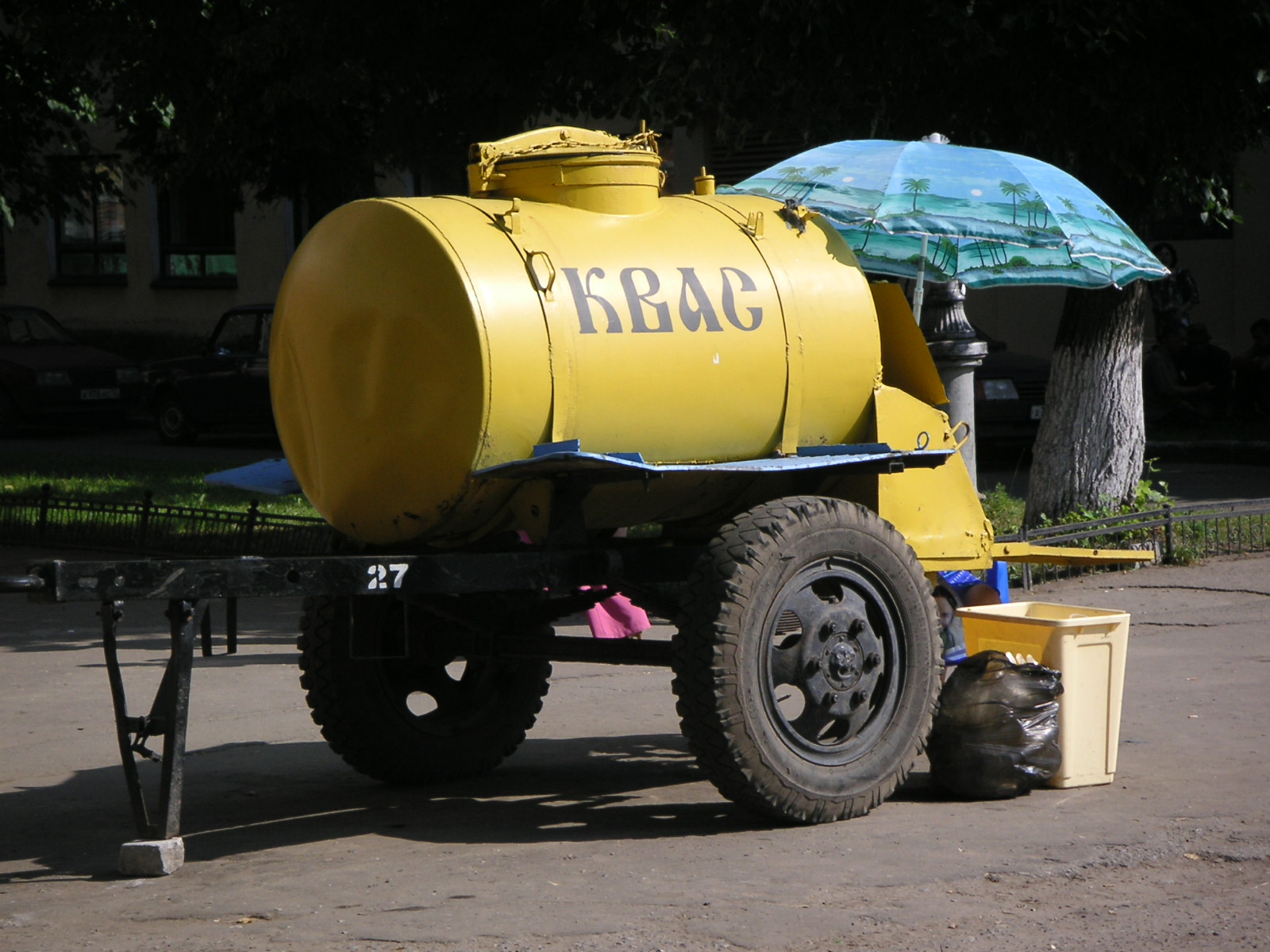
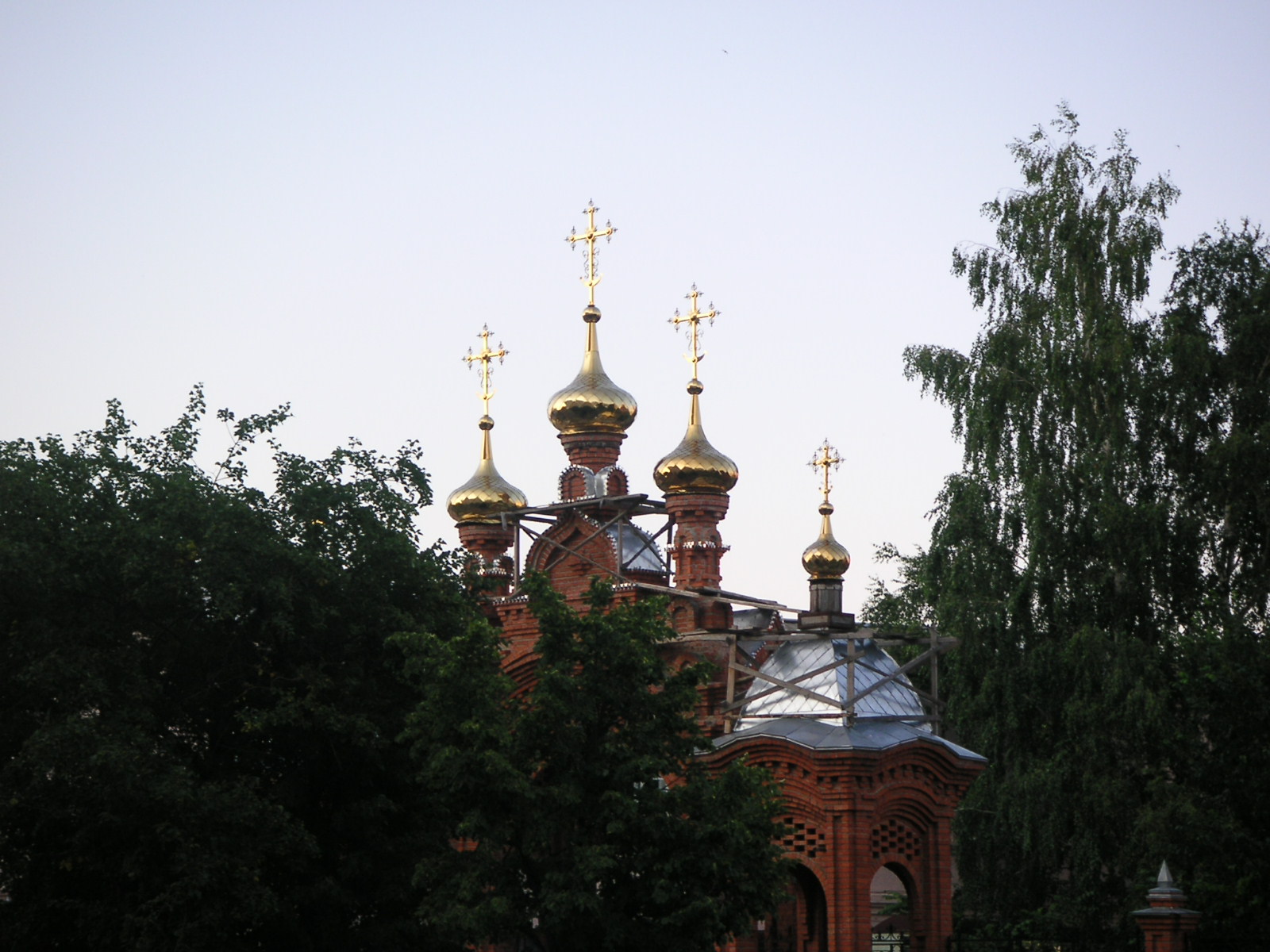
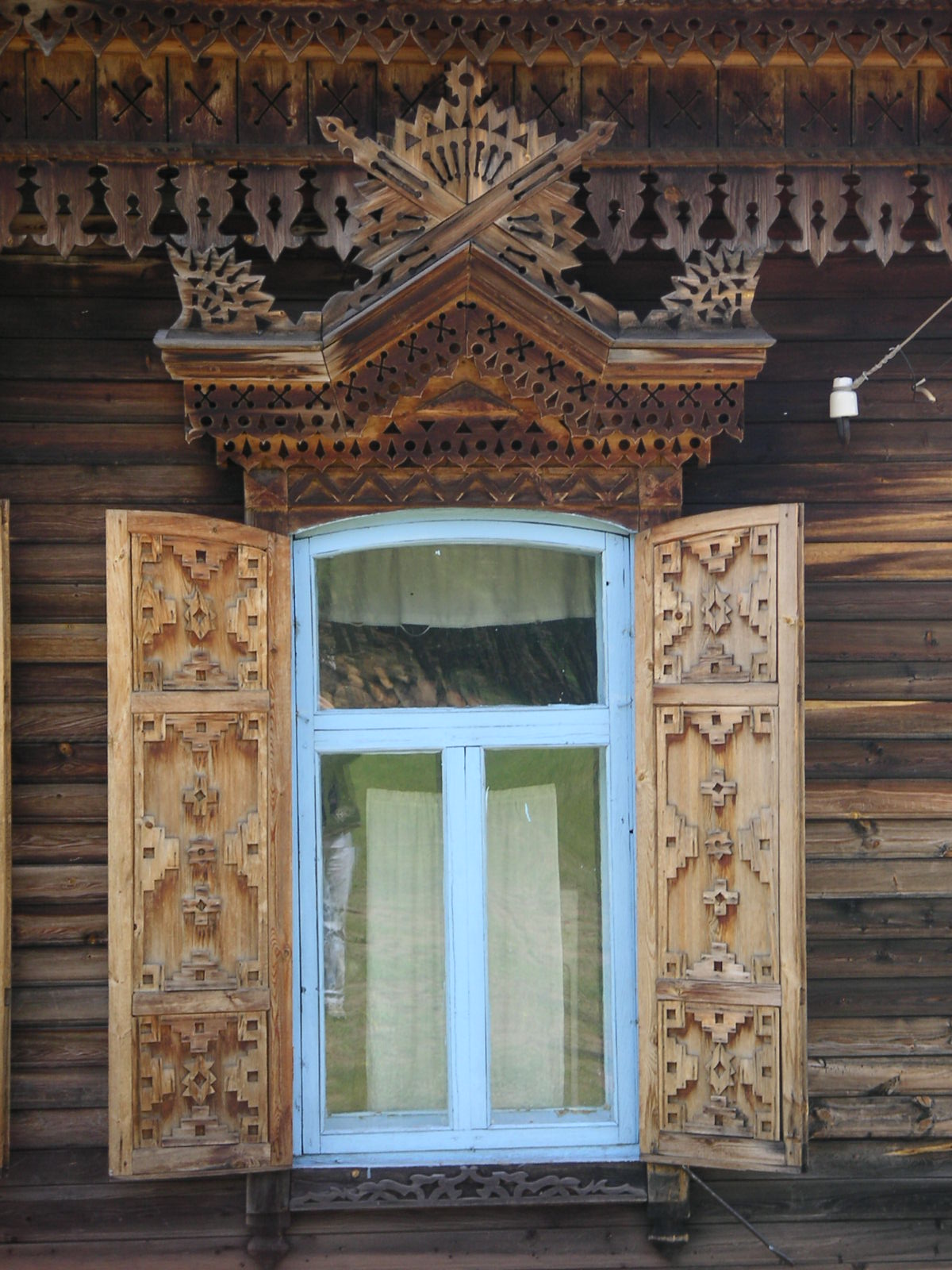
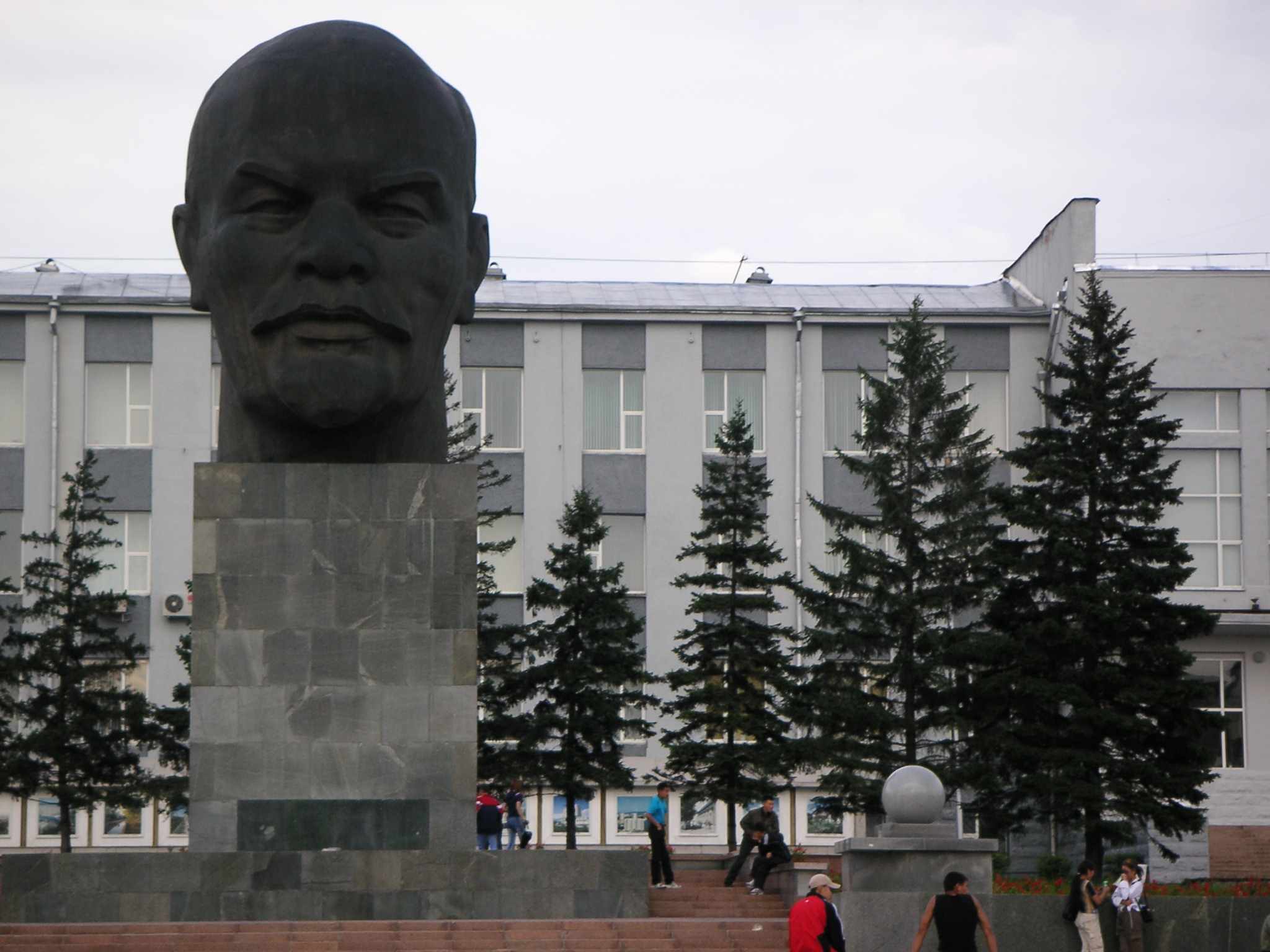
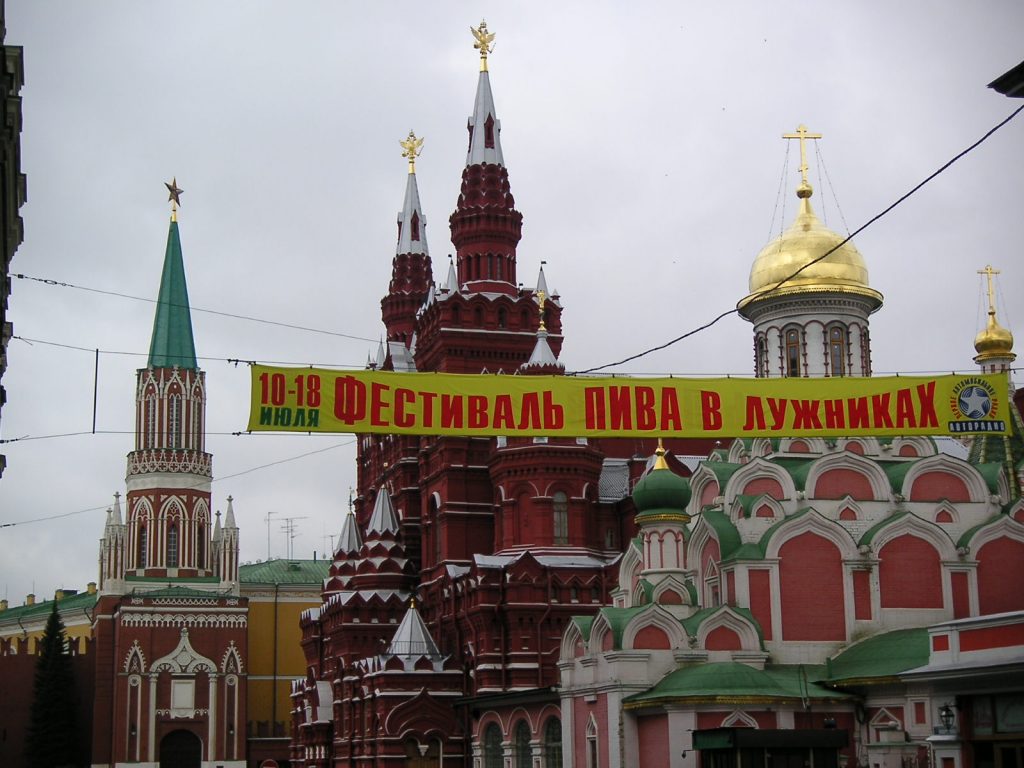
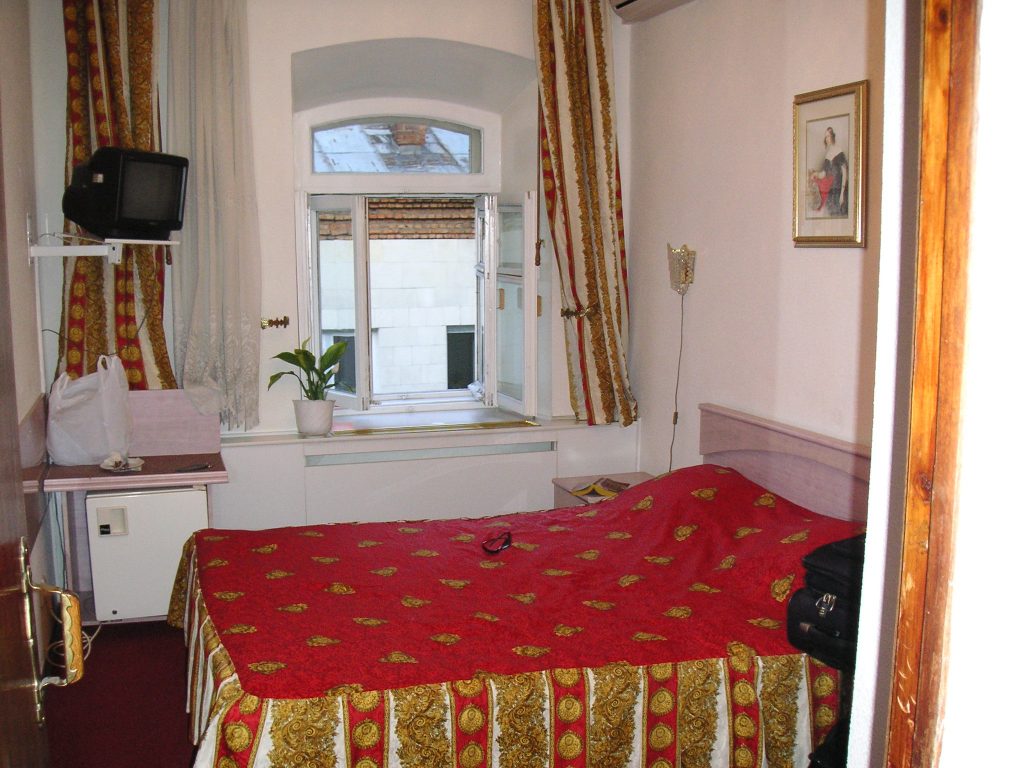
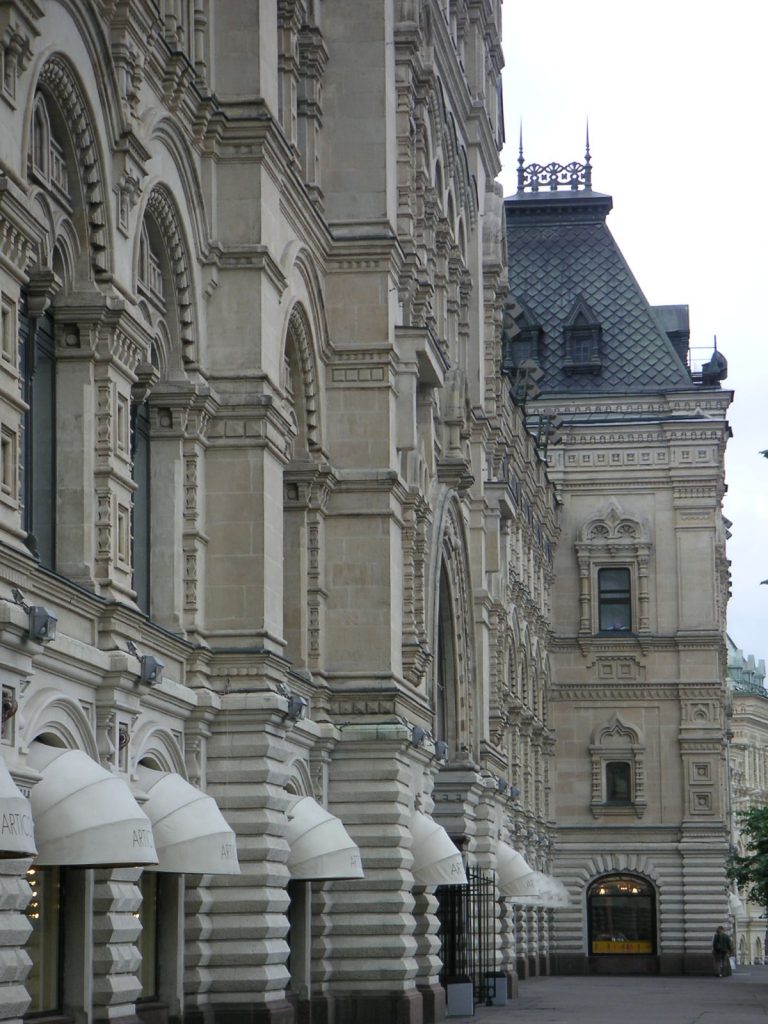
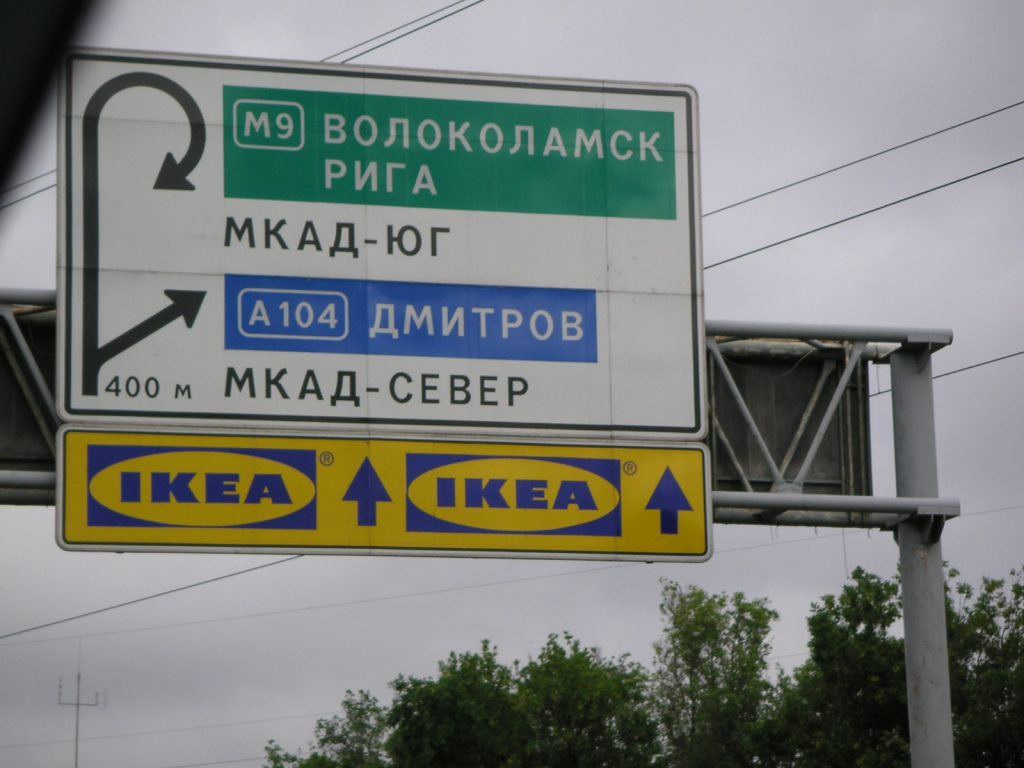
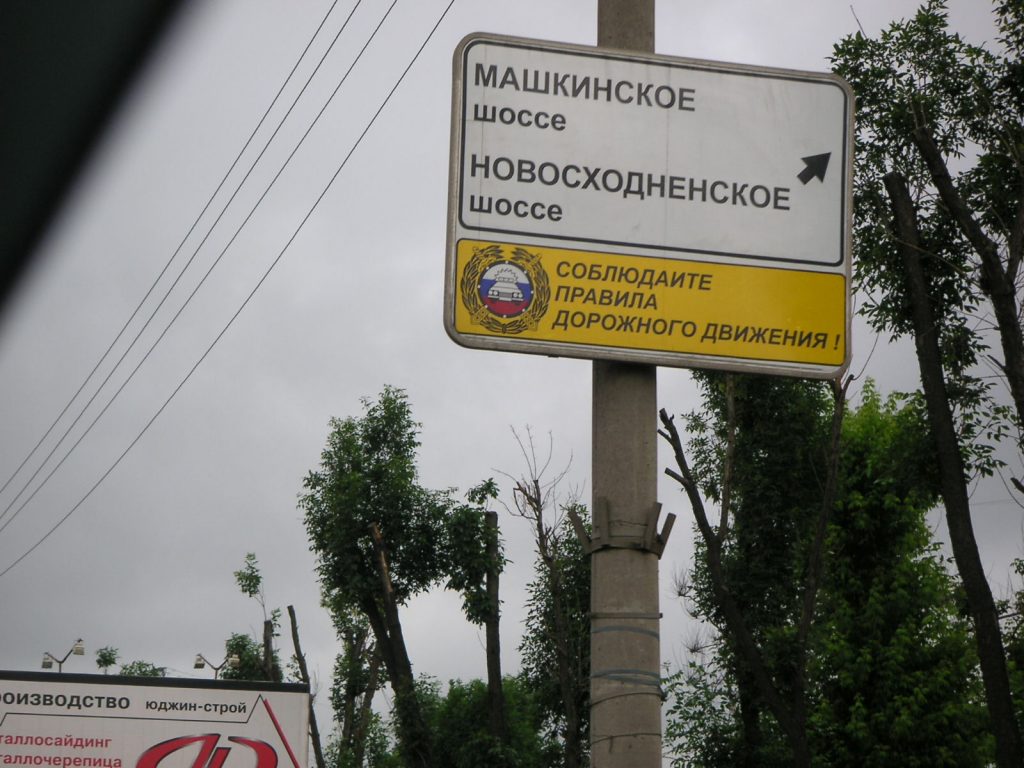
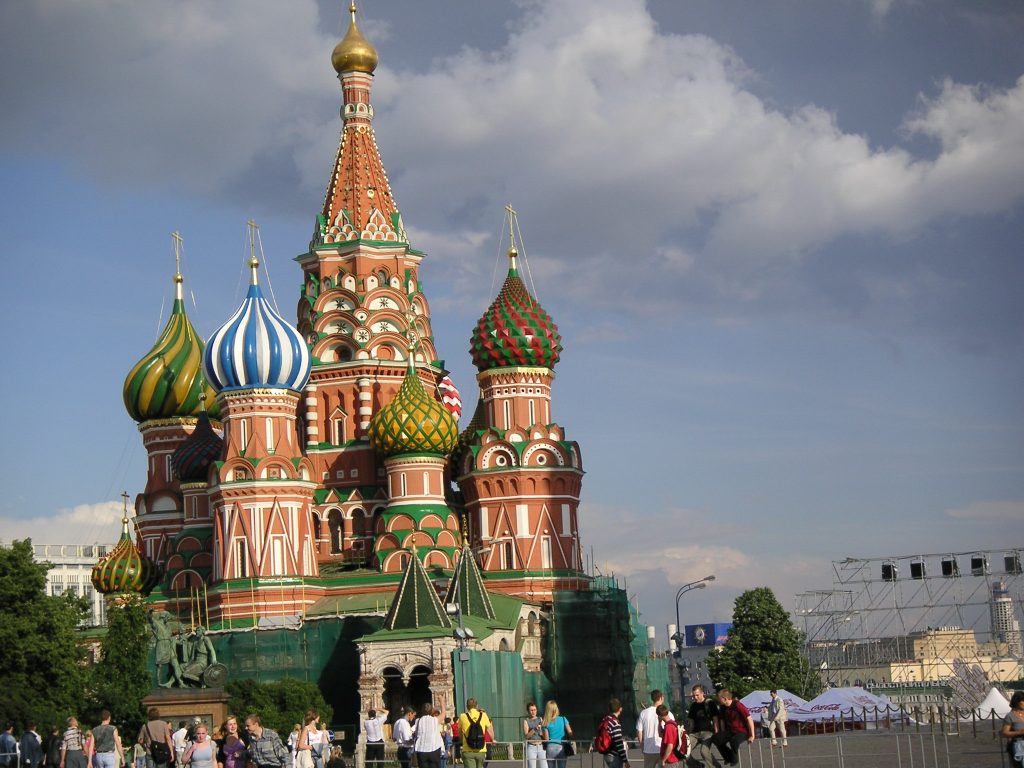
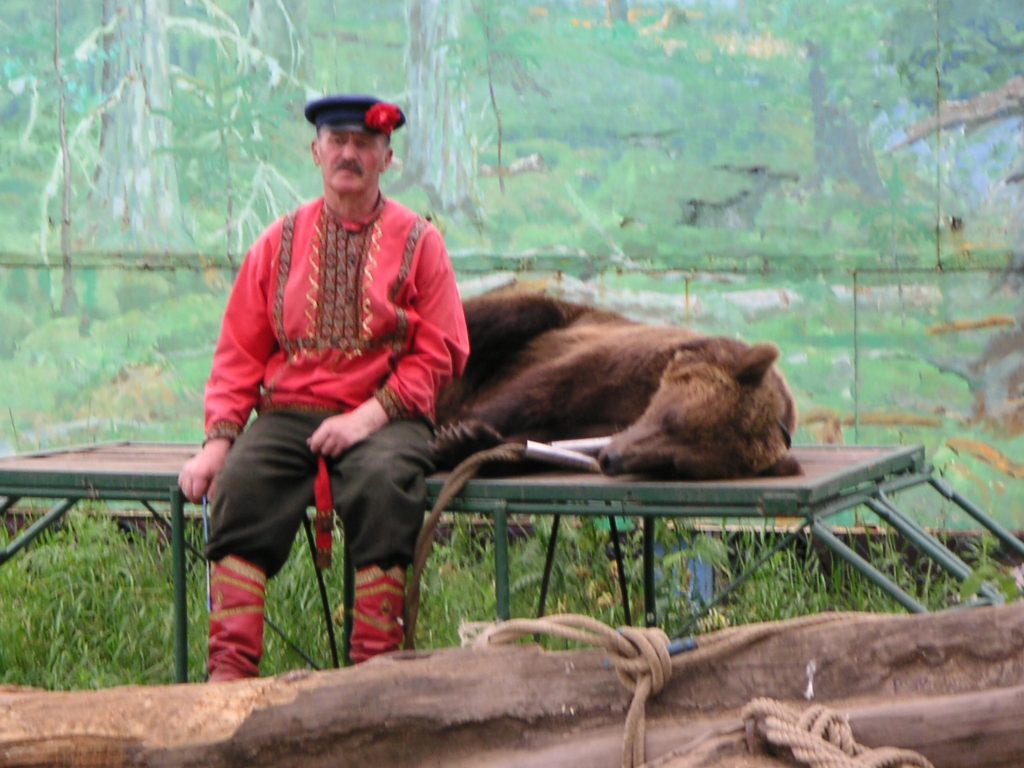
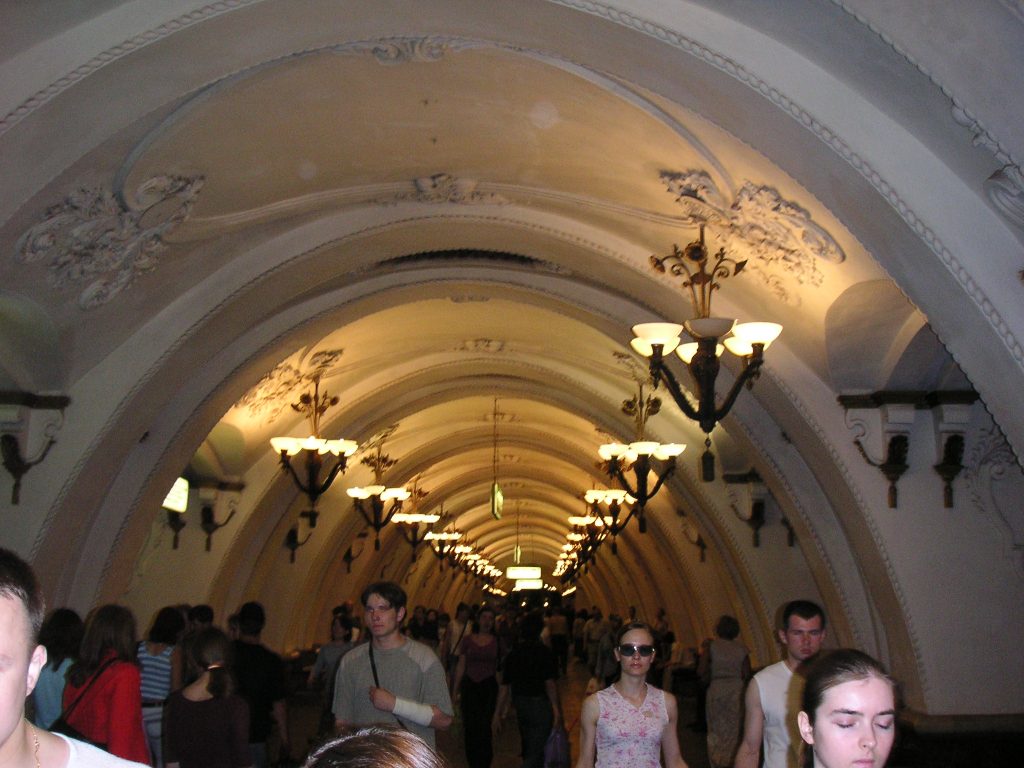
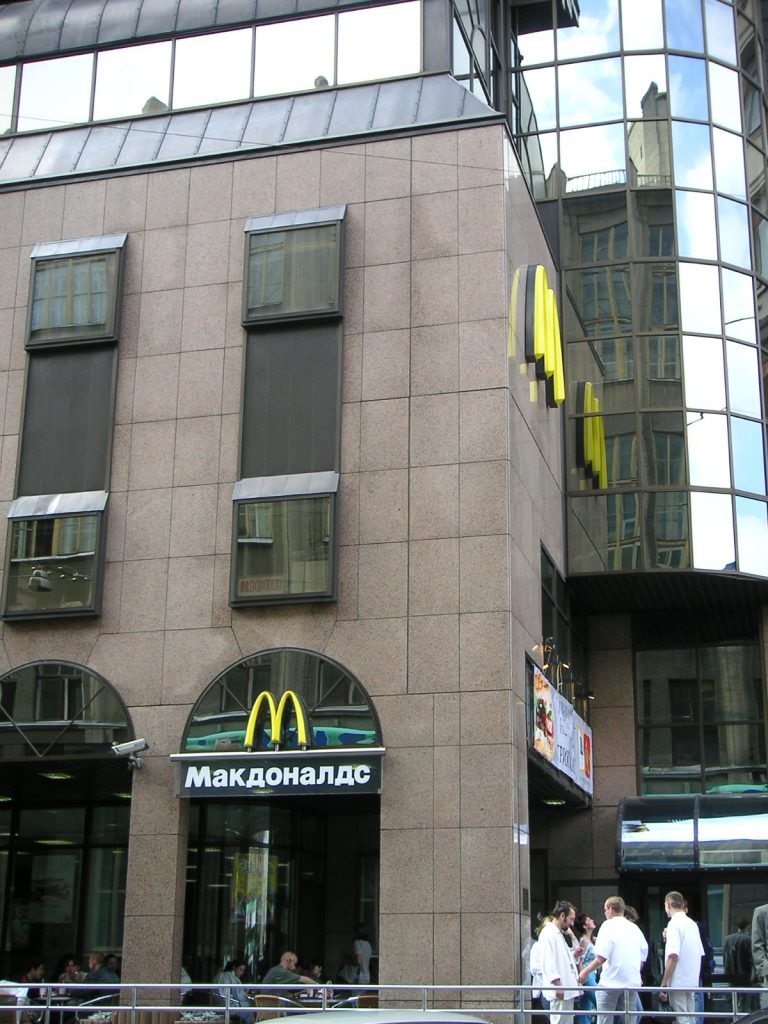
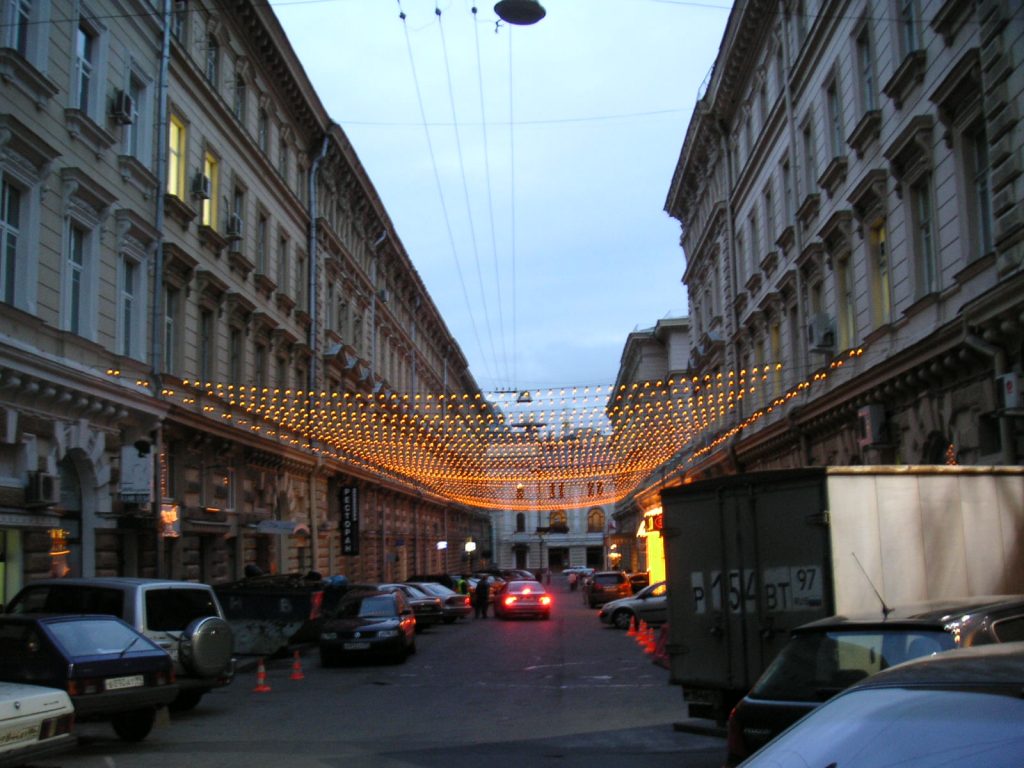
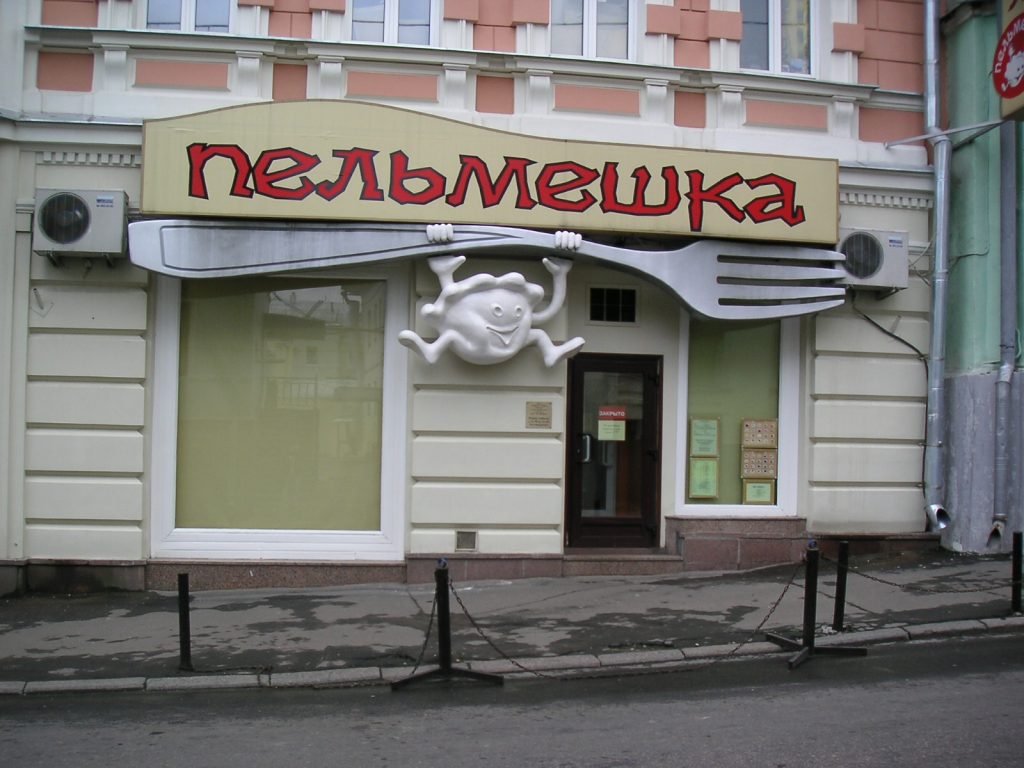
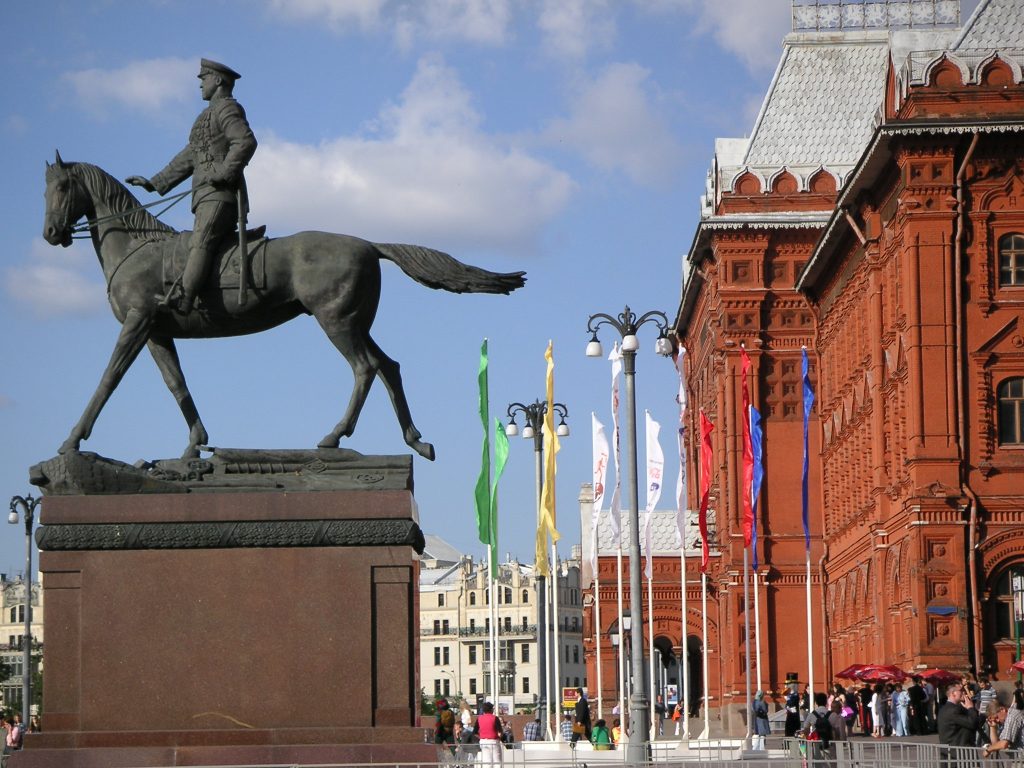
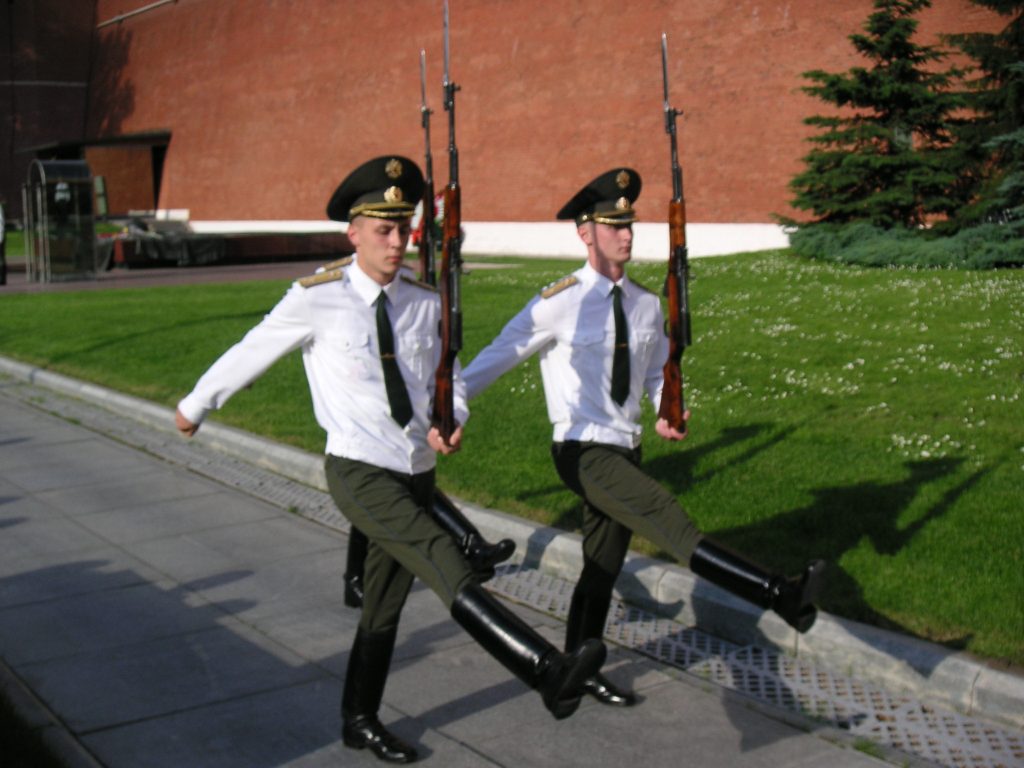
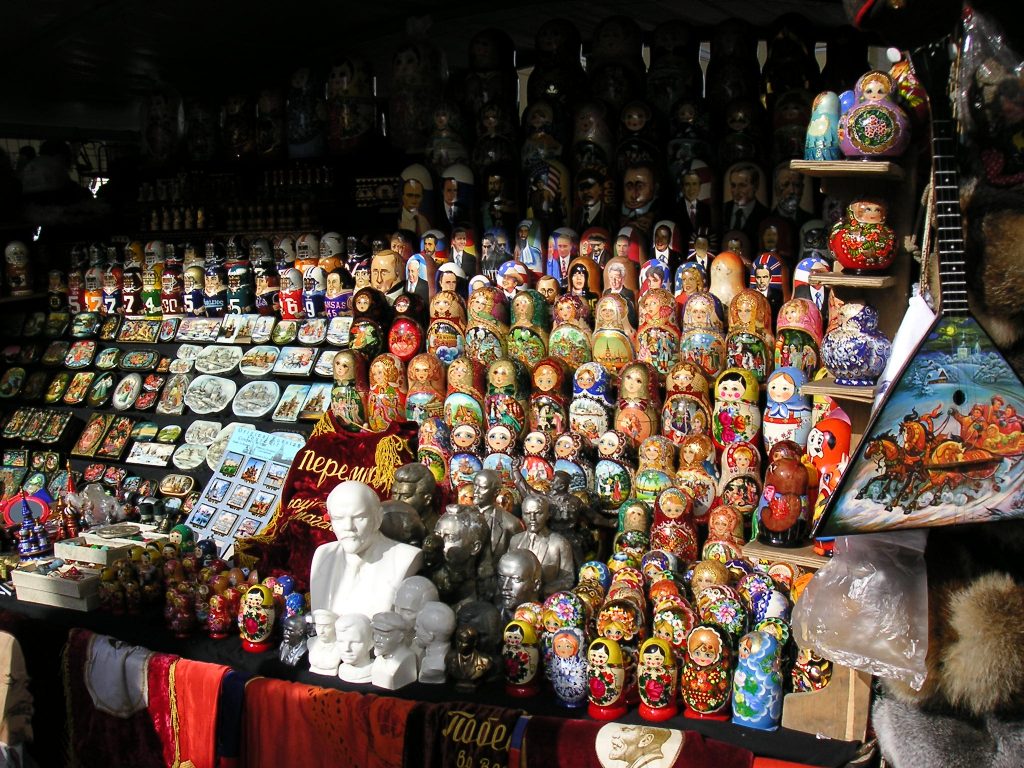
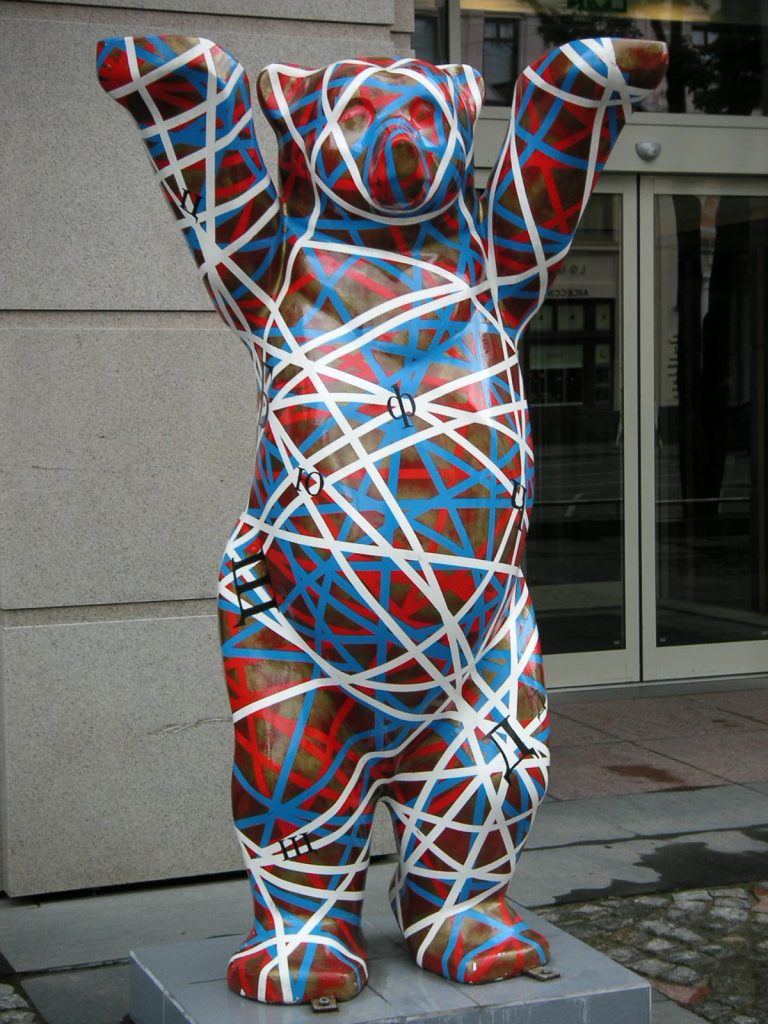

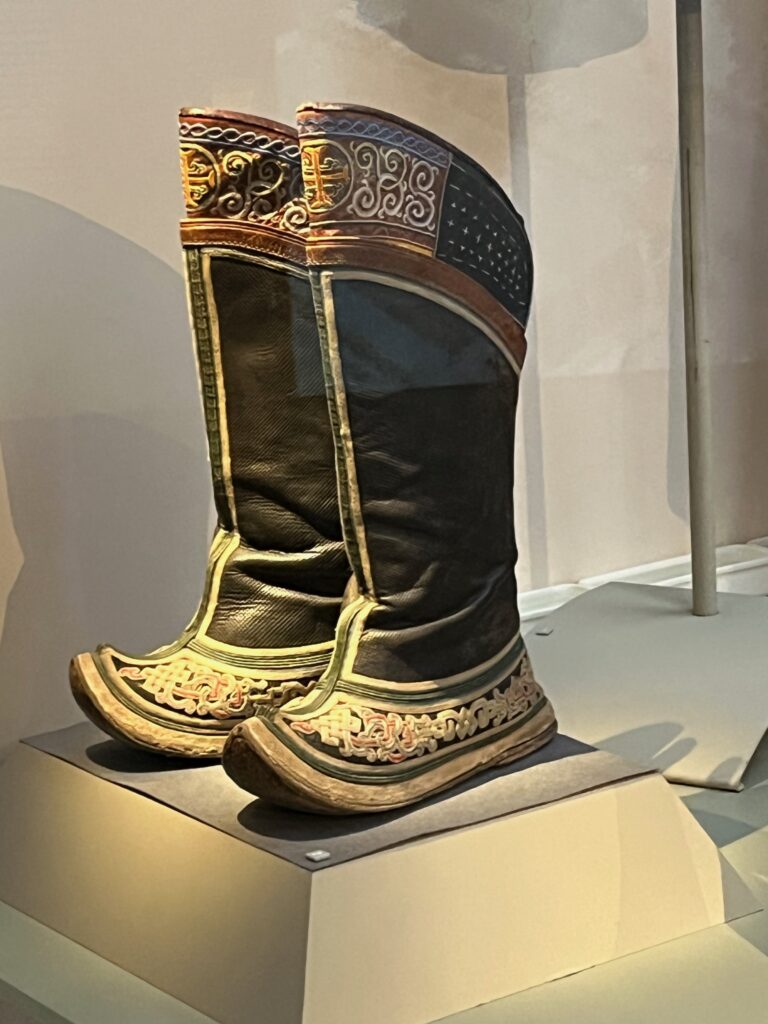
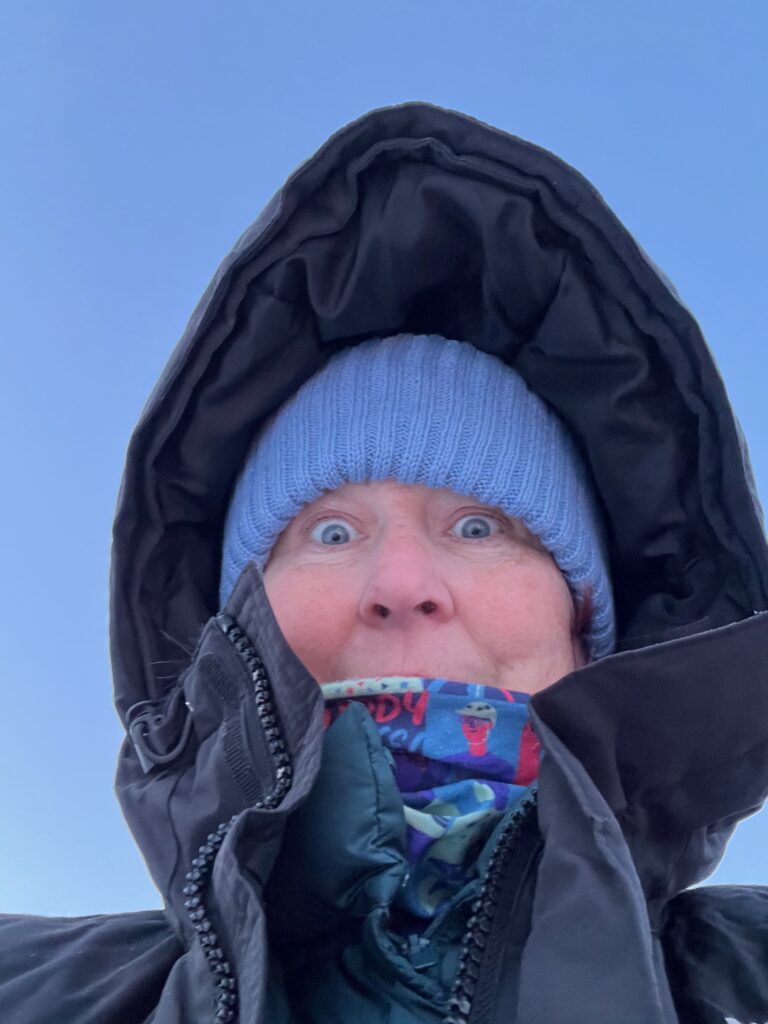
Leave a Comment